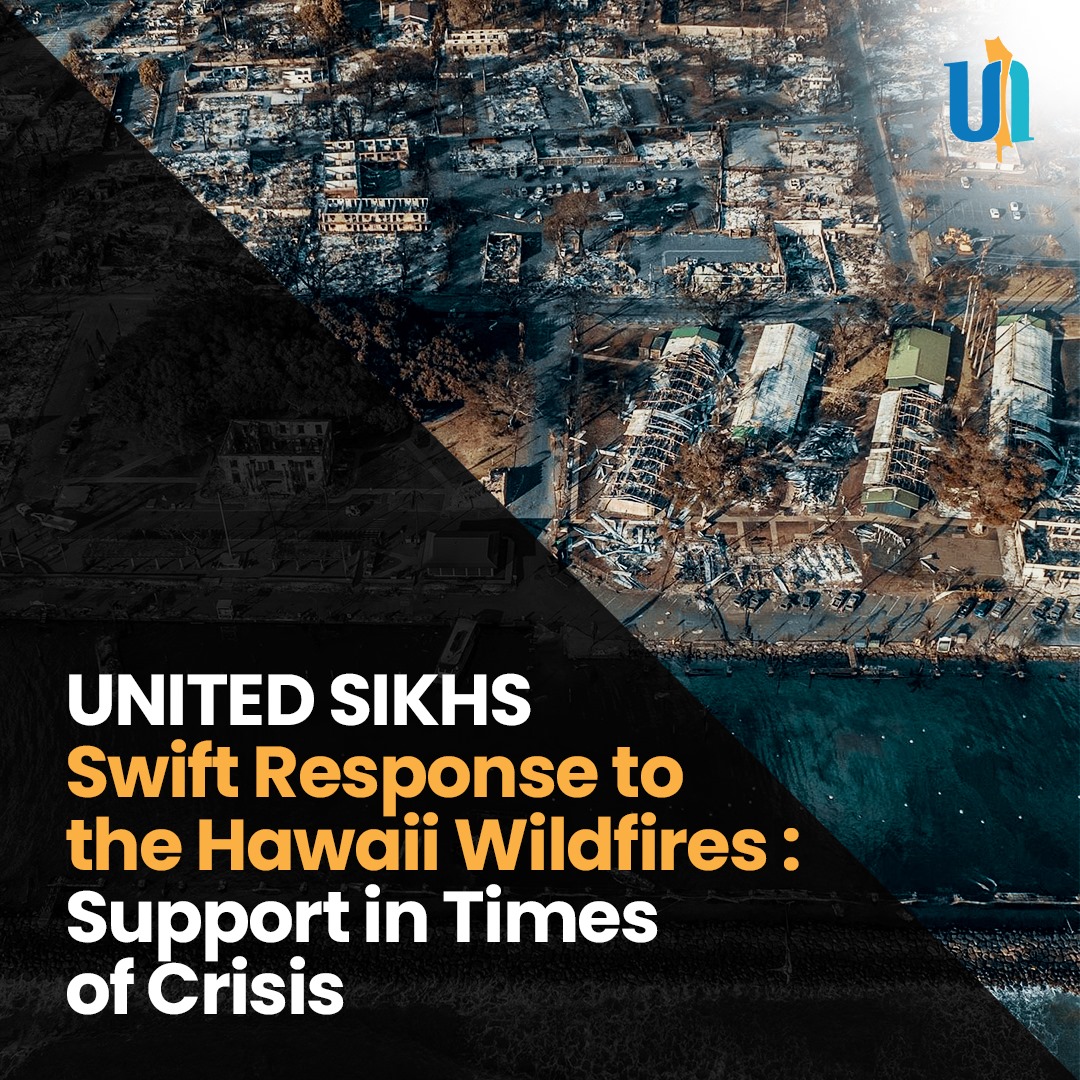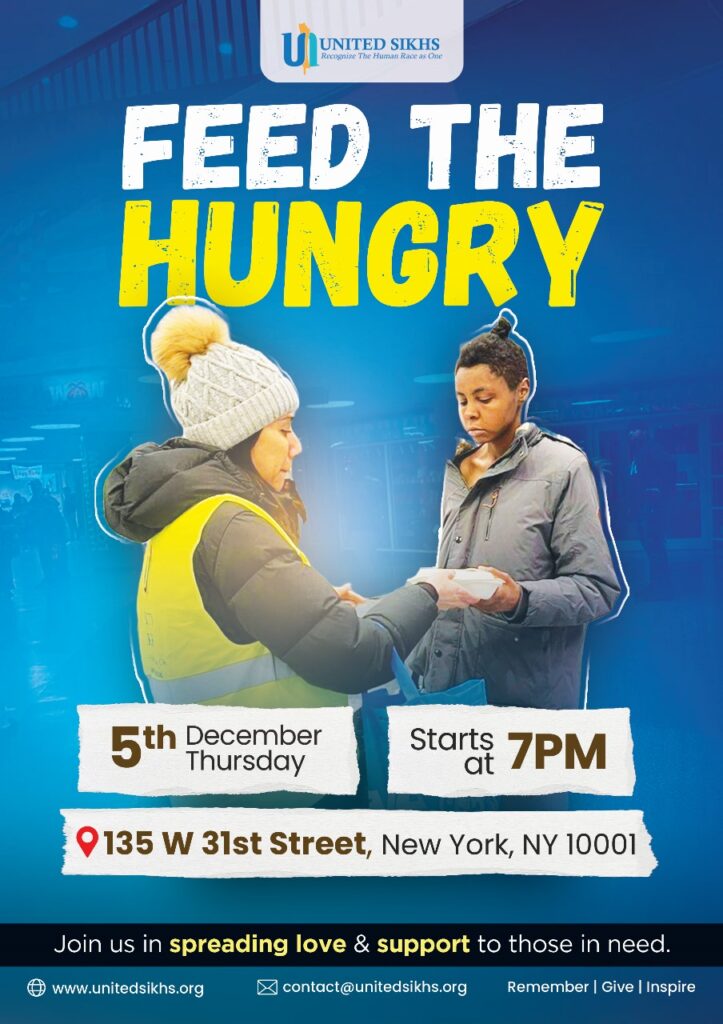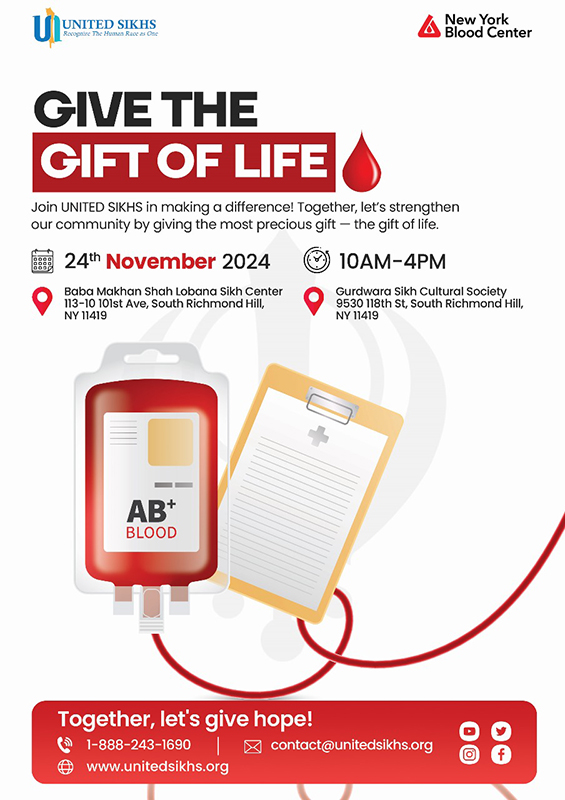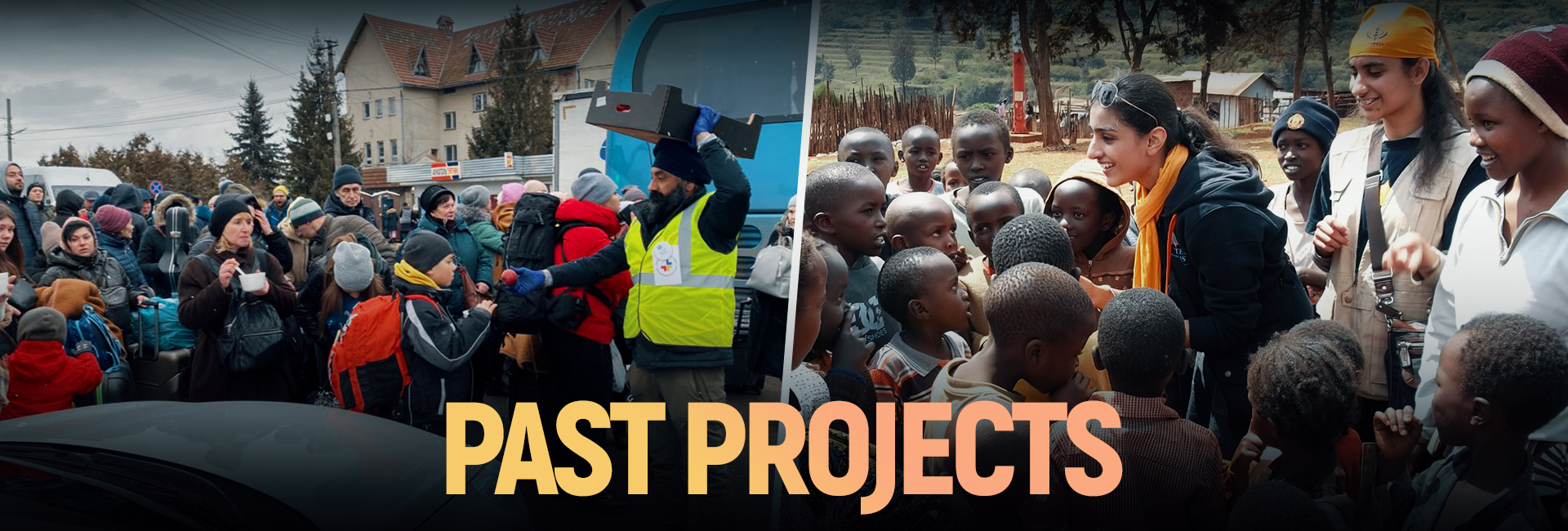
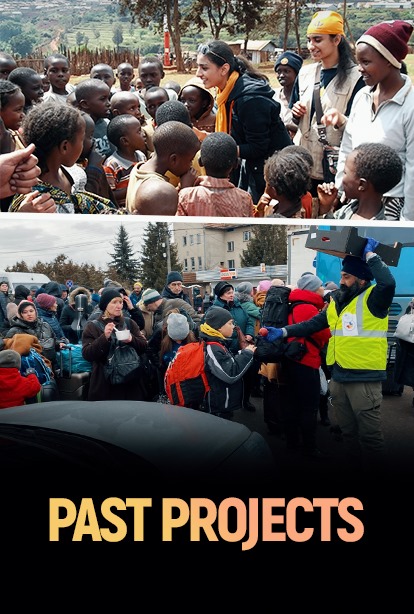
Past Projects
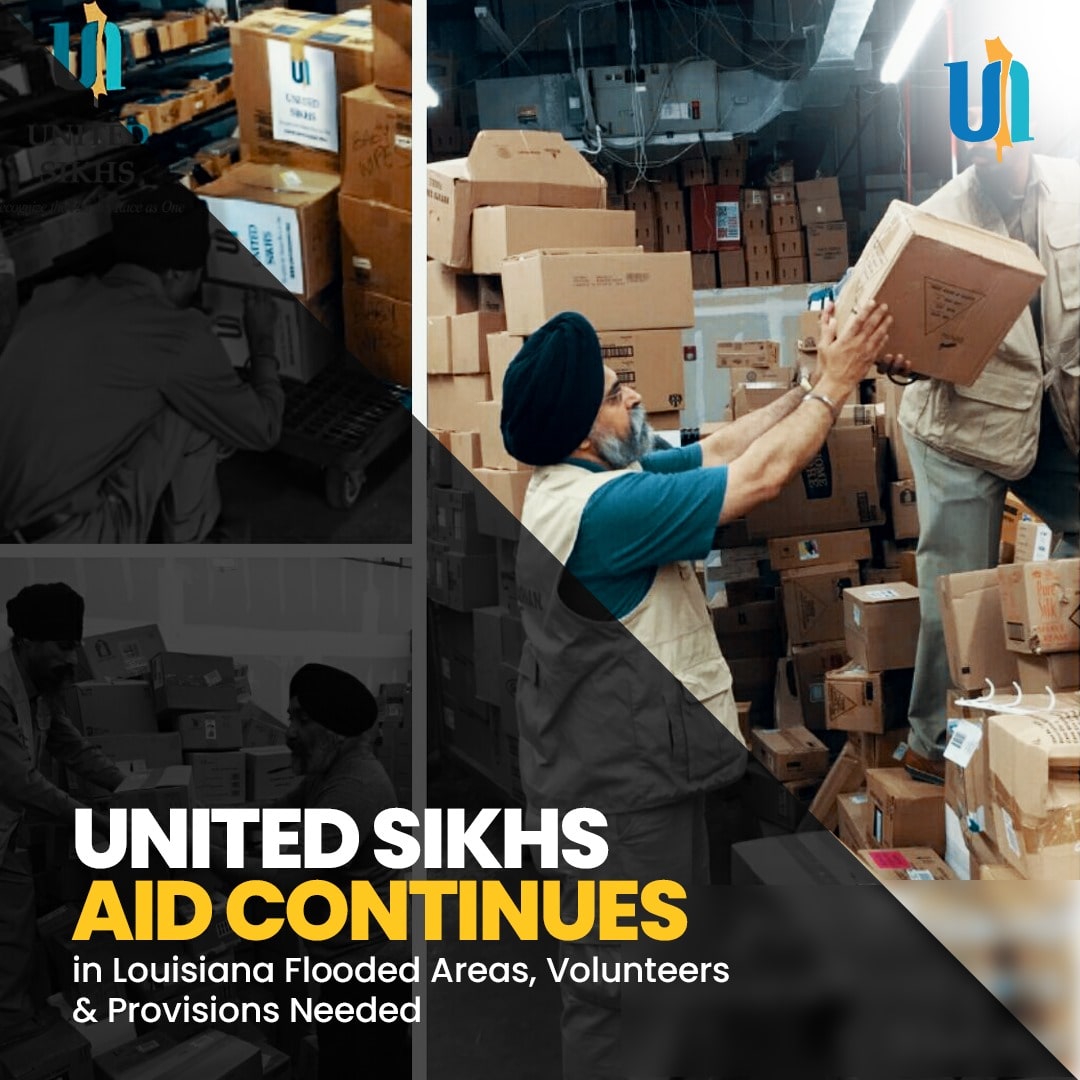
UNITED SIKHS’ Aid Continues in Louisiana Flooded Areas, Volunteers and Provisions Needed
On Friday, August 12, 2016, southeast Louisiana and parts of Mississippi experienced catastrophic flooding, affecting hundreds of people. The area, already impoverished, was devastated by what was considered the most destructive flooding in the USA since Hurricane Sandy.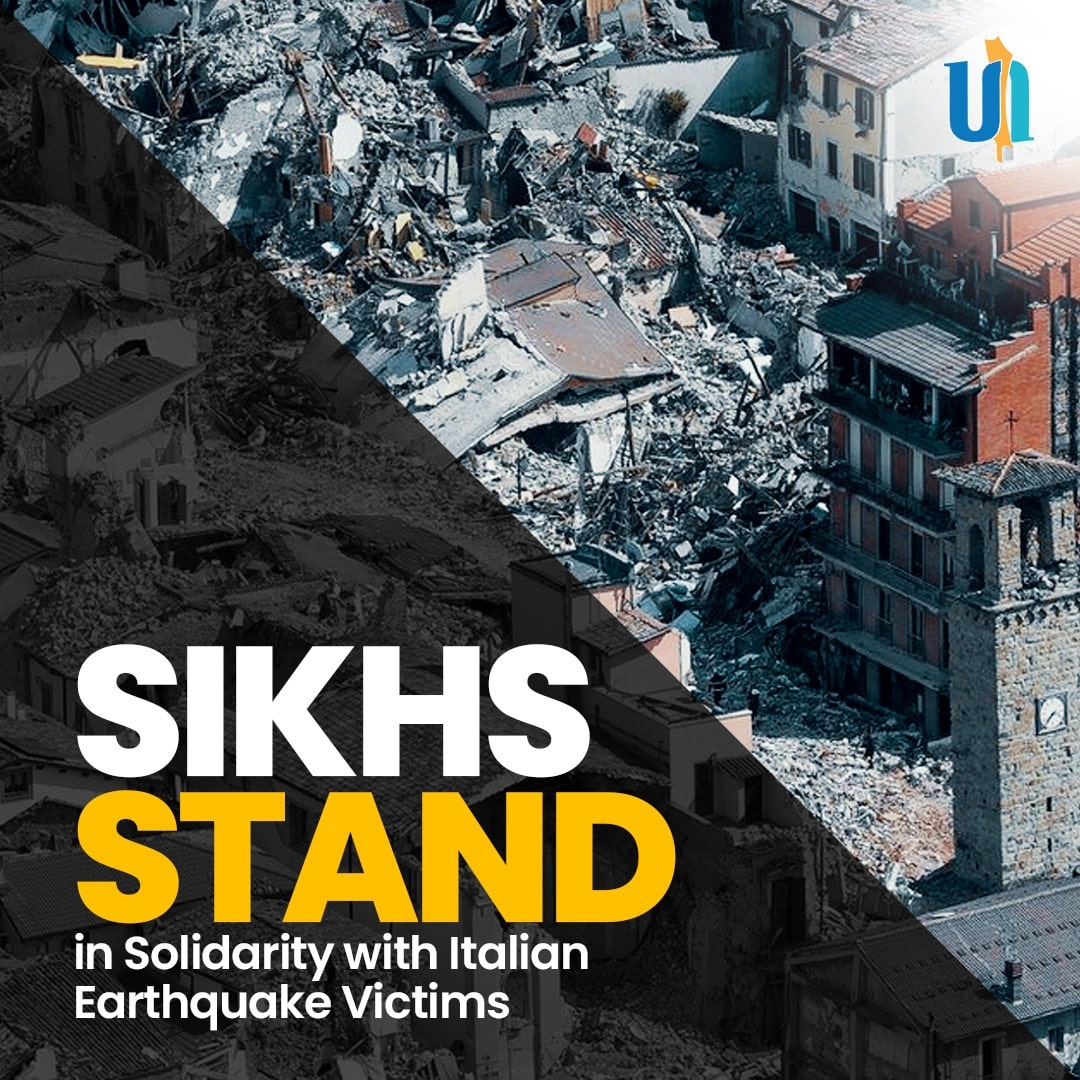
Sikhs Stand in Solidarity with Italian Earthquake Victims
On August 24, 2016, a powerful earthquake with a magnitude of 6.2 struck Central Italy, resulting in significant loss of life and property. The disaster claimed 292 lives, with the towns of Amatrice and Accumoli being the hardest hit. The local communities were left devastated, and there was an urgent need for humanitarian assistance.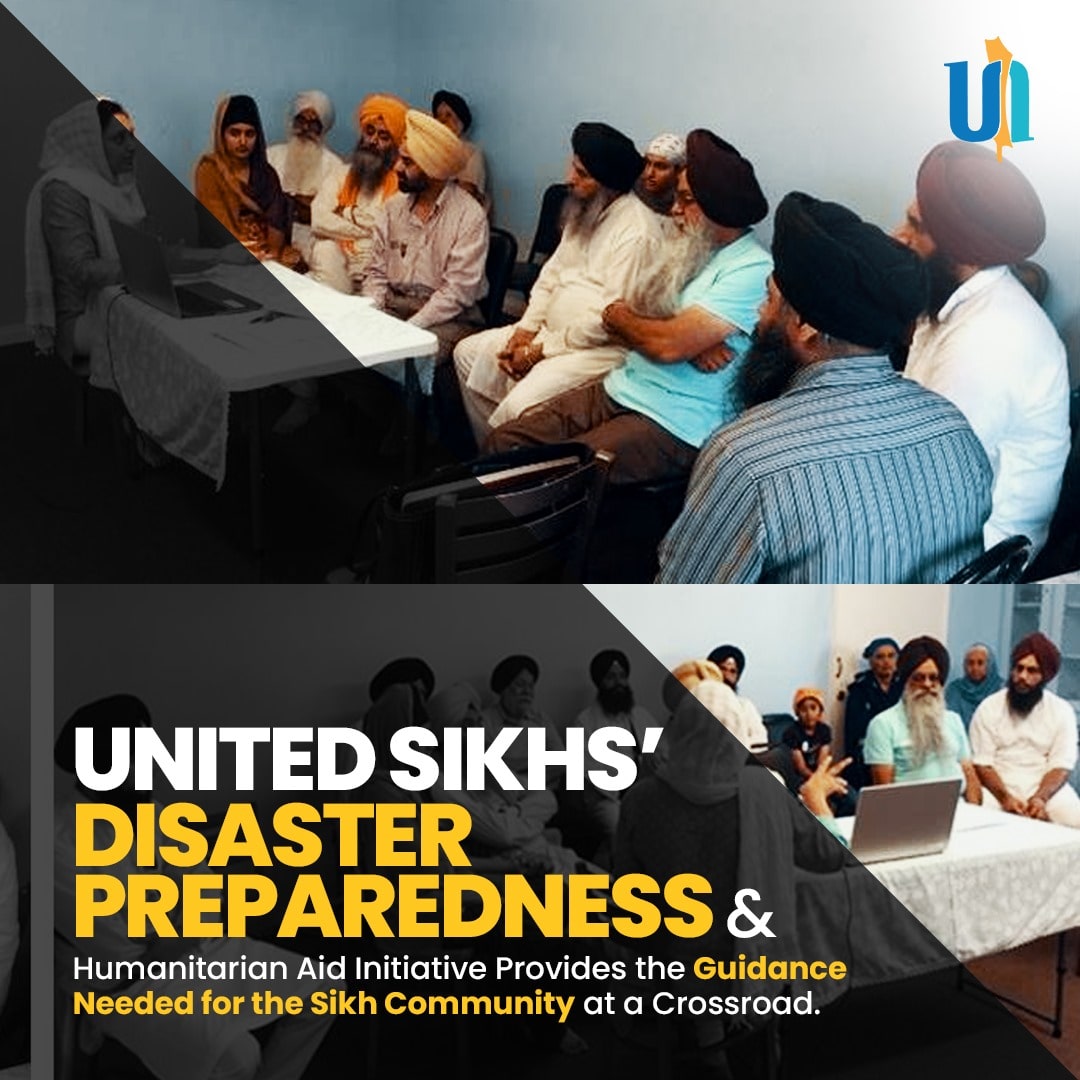
UNITED SIKHS’ Disaster Preparedness & Humanitarian Aid Initiative Provides the Guidance Needed for the Sikh Community at a Crossroad
In the wake of increasing hostility toward the Sikh community following the 9/11 attacks, Sikh Gurudwaras in the United States faced significant challenges.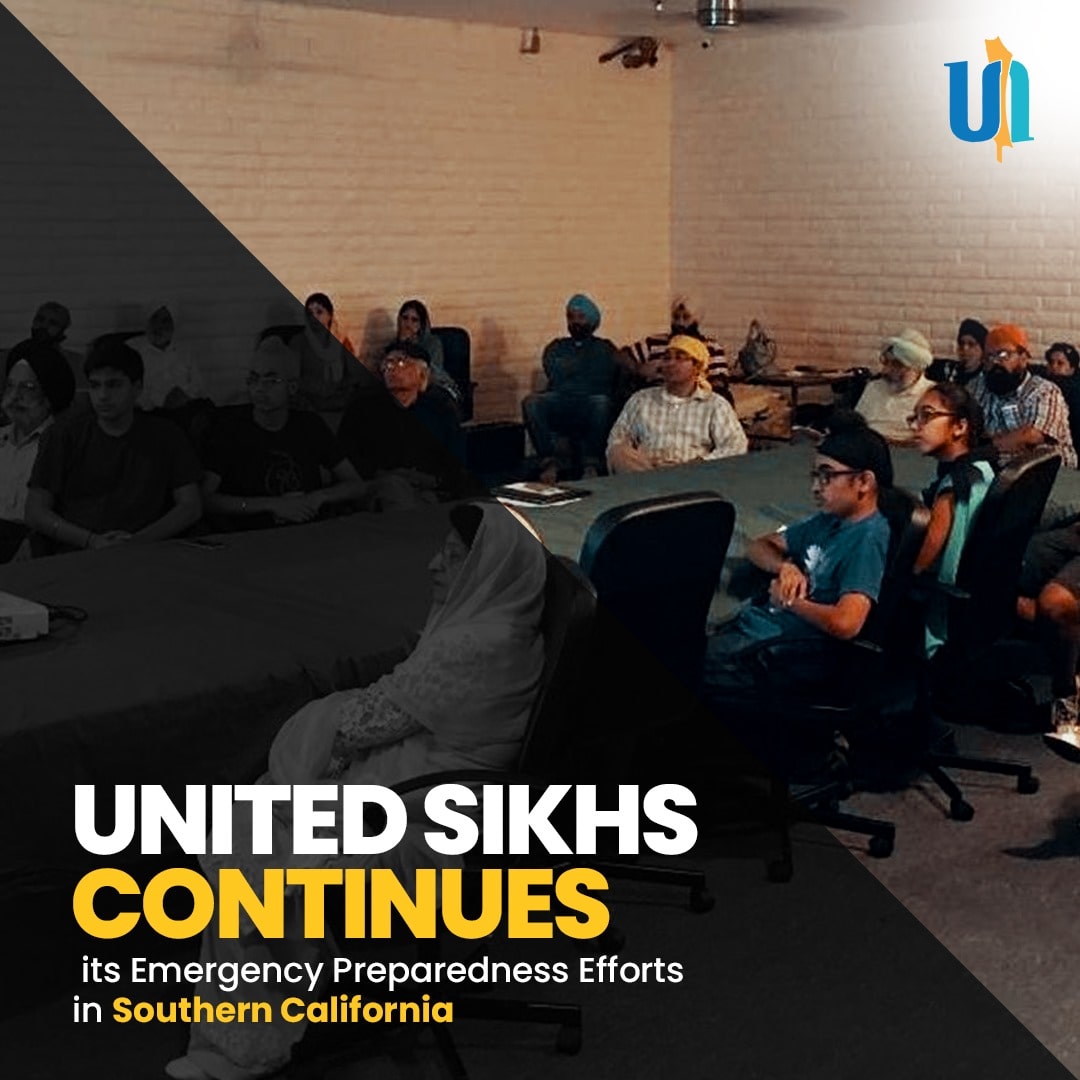
UNITED SIKHS Continues its Emergency Preparedness Efforts in Southern California
On October 2, 2016, UNITED SIKHS Sikh Aid recognized a critical need for enhancing emergency preparedness within the Sikh community in Southern California. Given the increasing importance of safety and security in religious spaces, it was essential to equip Gurudwaras and community centers with the necessary
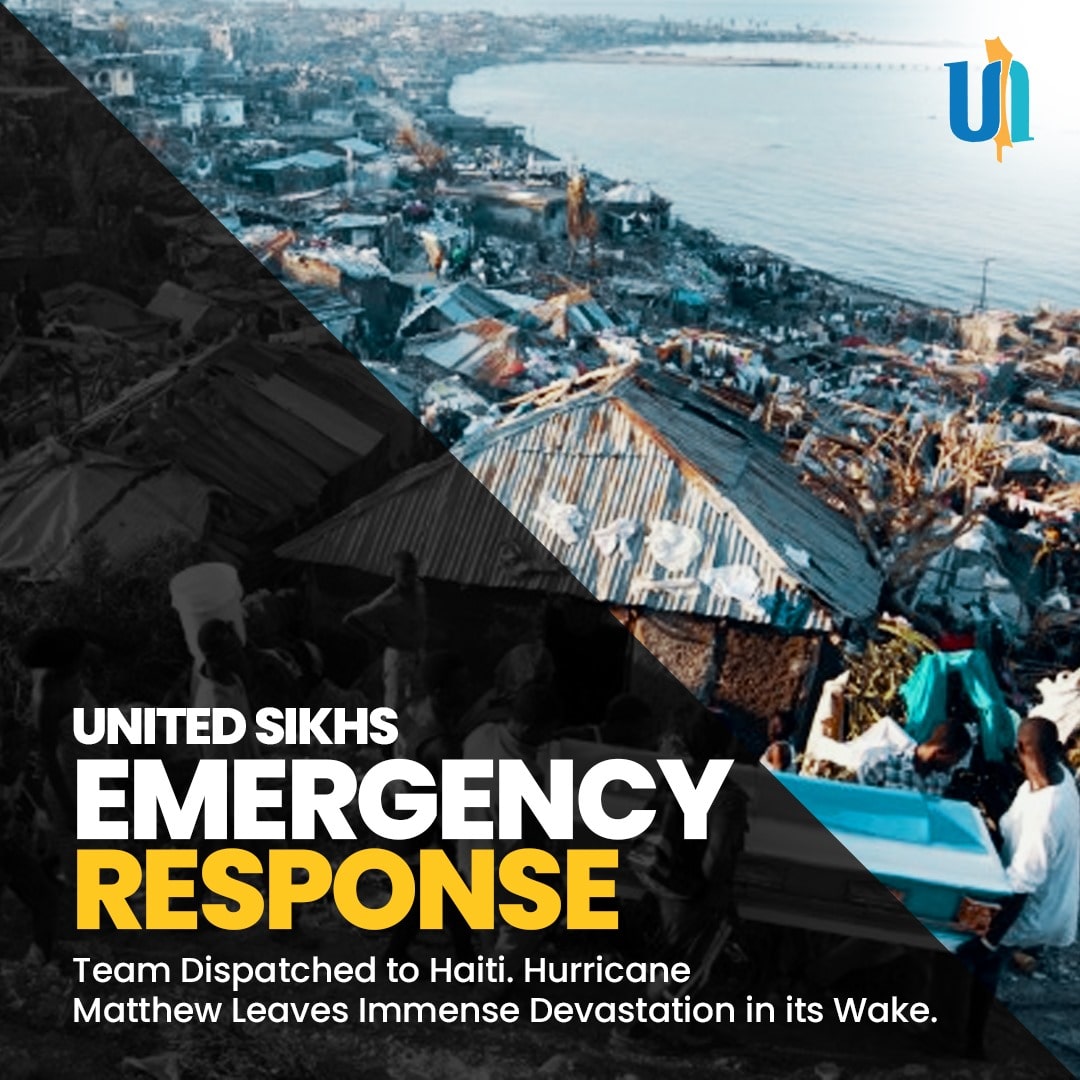
UNITED SIKHS Emergency Response Team Dispatched to Haiti. Hurricane Matthew Leaves Immense Devastation in its Wake
On October 4, 2016, Hurricane Matthew struck the coast of Haiti, a country still recovering from the catastrophic earthquake of 2010. The hurricane caused widespread destruction, particularly along the southwestern tip, leaving countless homes and communities in ruins.
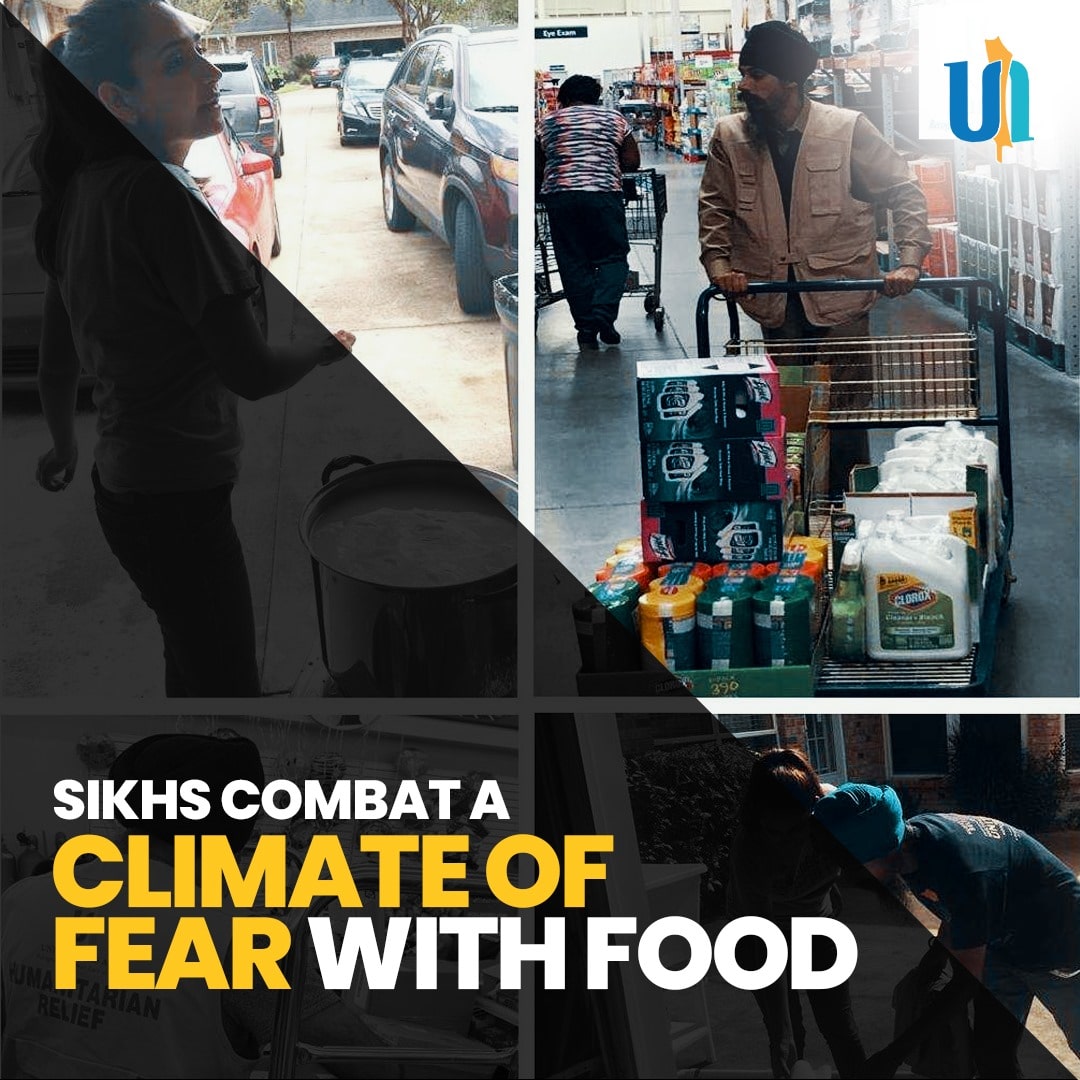
Sikhs Combat a “Climate of Fear” with Food
Following the 9/11 attacks, Sikhs in the United States have increasingly become targets of hate crimes, often due to being mistaken for Muslims. This troubling trend has persisted, with many Sikhs now fearing that the rise in anti-immigrant and anti-Muslim rhetoric could lead to further violence and discrimination.

UNITED SIKHS Initiate Aid After Floods Devastate Peru
On March 16, a devastating natural disaster struck Peru without warning, causing widespread destruction across the country. Powerful landslides demolished over 100,000 homes, washed out more than 100 bridges and rendered roadways unusable. The disaster took a tragic human toll, with over 78 lives lost and 70,000 people losing their livelihoods.

Sikhs Stand in Solidarity with the City of Manchester
On a Monday night in Manchester, England, a deadly suicide bombing occurred during a concert at Manchester Arena, claiming the lives of 22 people and injuring 64 others, including several children. The tragedy left the community in shock and despair, as many struggled to find their loved ones amidst the chaos.
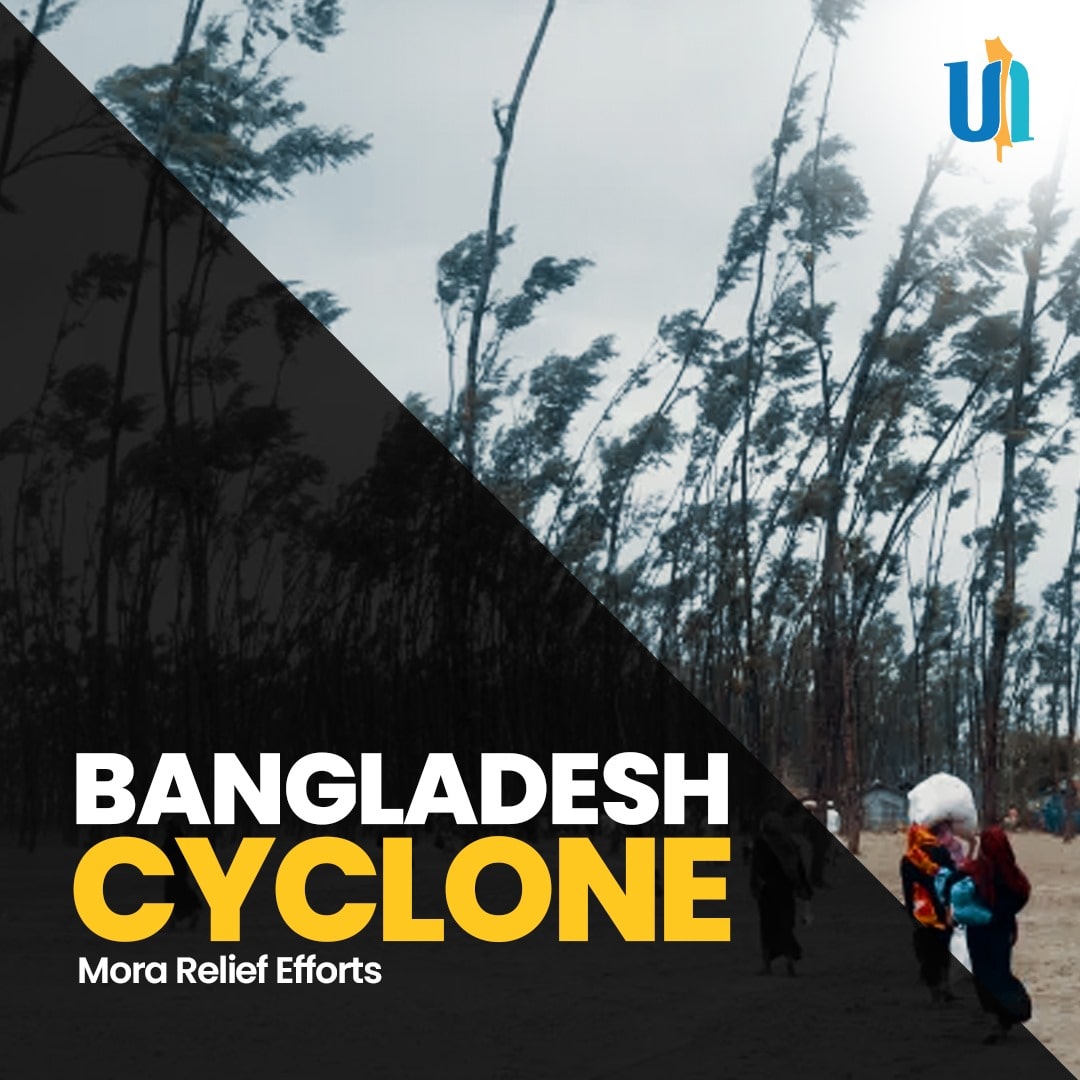
Bangladesh Cyclone Mora Relief Efforts
In late May 2017, a powerful cyclone named Mora devastated parts of Bangladesh and Myanmar, leaving more than 500,000 people without homes. The cyclone, which originated in Sri Lanka where it caused significant flooding and landslides, wreaked havoc as it moved across the region, destroying nearly everything in its path.
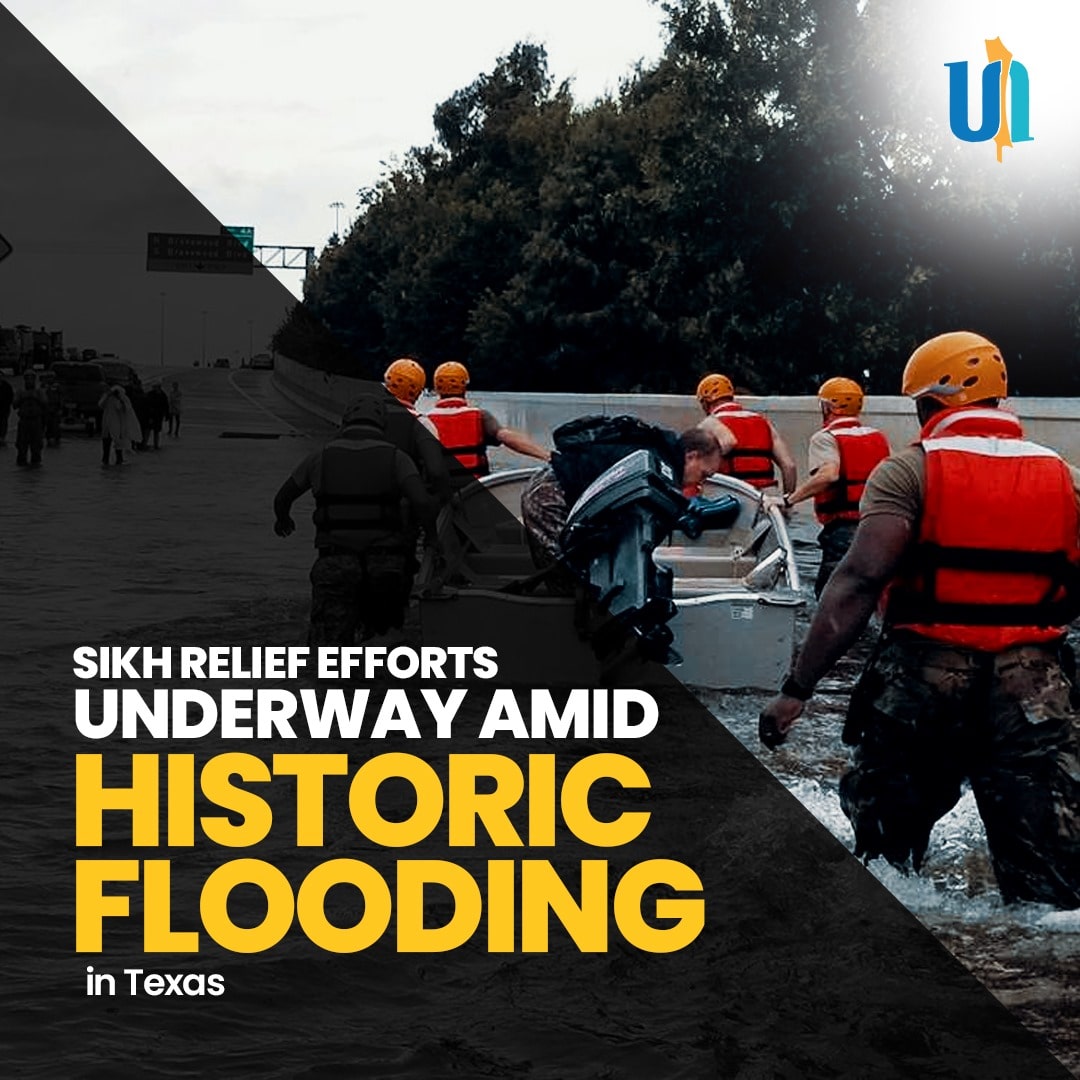
Sikh Relief Efforts Underway Amid Historic Flooding in Texas
In 2017 August, Hurricane Harvey unleashed unprecedented flooding in Southeastern Texas, leaving thousands of residents stranded and in dire need of emergency assistance. The disaster was so severe that FEMA labeled it a “landmark event,” with meteorologists forecasting historic rainfall totals of up to 50 inches.

UNITED SIKHS launches a Free Health and Medical Camp in Panjab Border Village
In October 2016, tensions in the border districts of Gurdaspur and Taran Tarn led to the displacement of many villagers who were forced into evacuation camps. This situation resulted in the neglect of their health, as many had not seen a doctor for years, raising significant concern among volunteers from UNITED SIKHS.
UNITED SIKHS DELIVER RELIEF FOR IRMA VICTIMS
In the aftermath of Hurricane Irma, one of the most powerful Atlantic storms on record, evacuees across Florida returned to find widespread devastation. The storm caused severe flooding, and extensive property damage, and left 4.3 million homes and businesses without power. Roads were flooded and blocked by debris, hampering access to affected neighborhoods.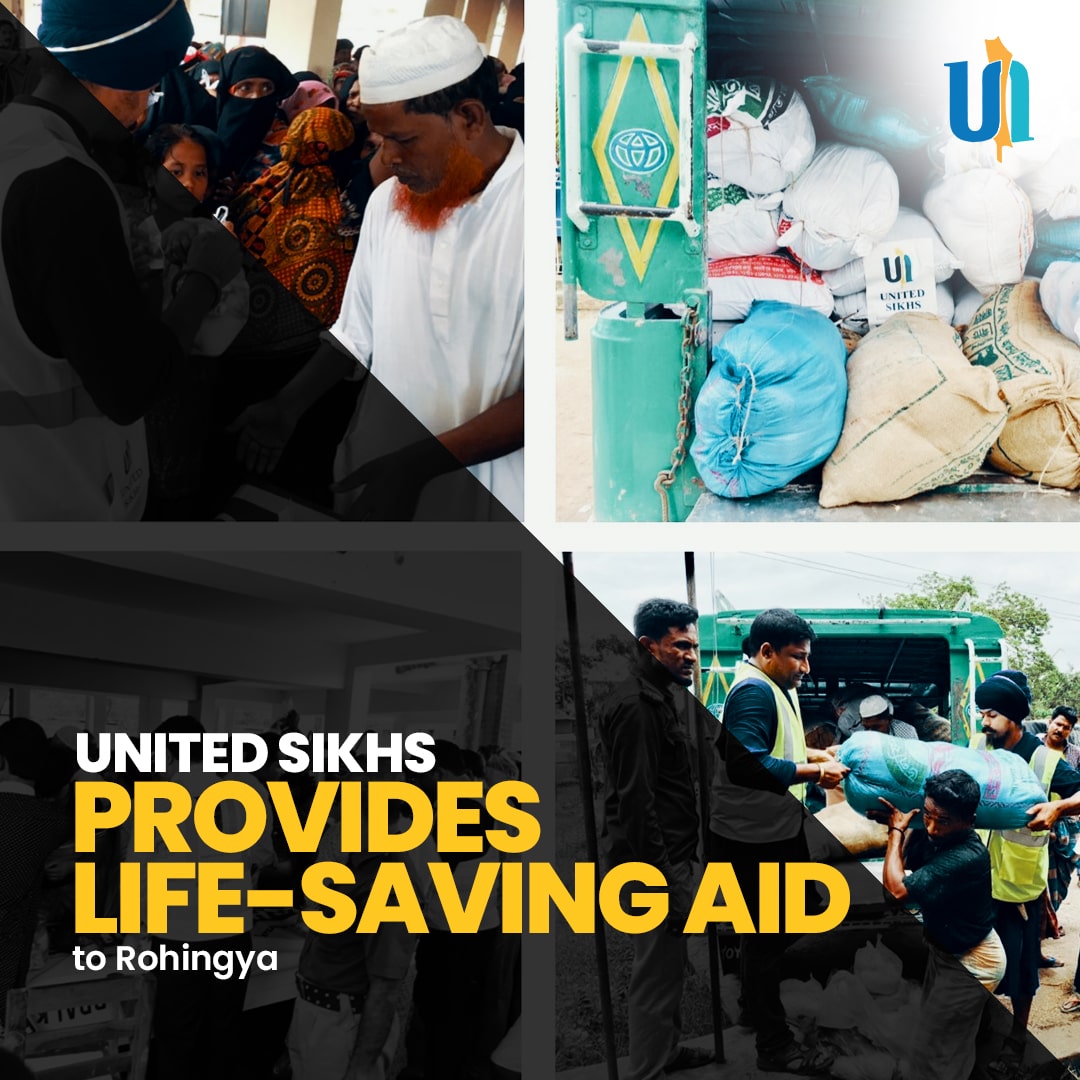
UNITED SIKHS provides life-saving aid to Rohingya
Since the late 1970s, nearly one million Rohingya have fled Myanmar due to widespread persecution. The situation escalated in November 2016 when a UN official accused the Myanmar government of conducting “ethnic cleansing” against the Rohingya.Currently, over 50,000 Rohingyas have sought refuge in Naikhogchari, a district near the Myanmar-Bangladesh border, where they face severe hardship and are reliant on aid for survival.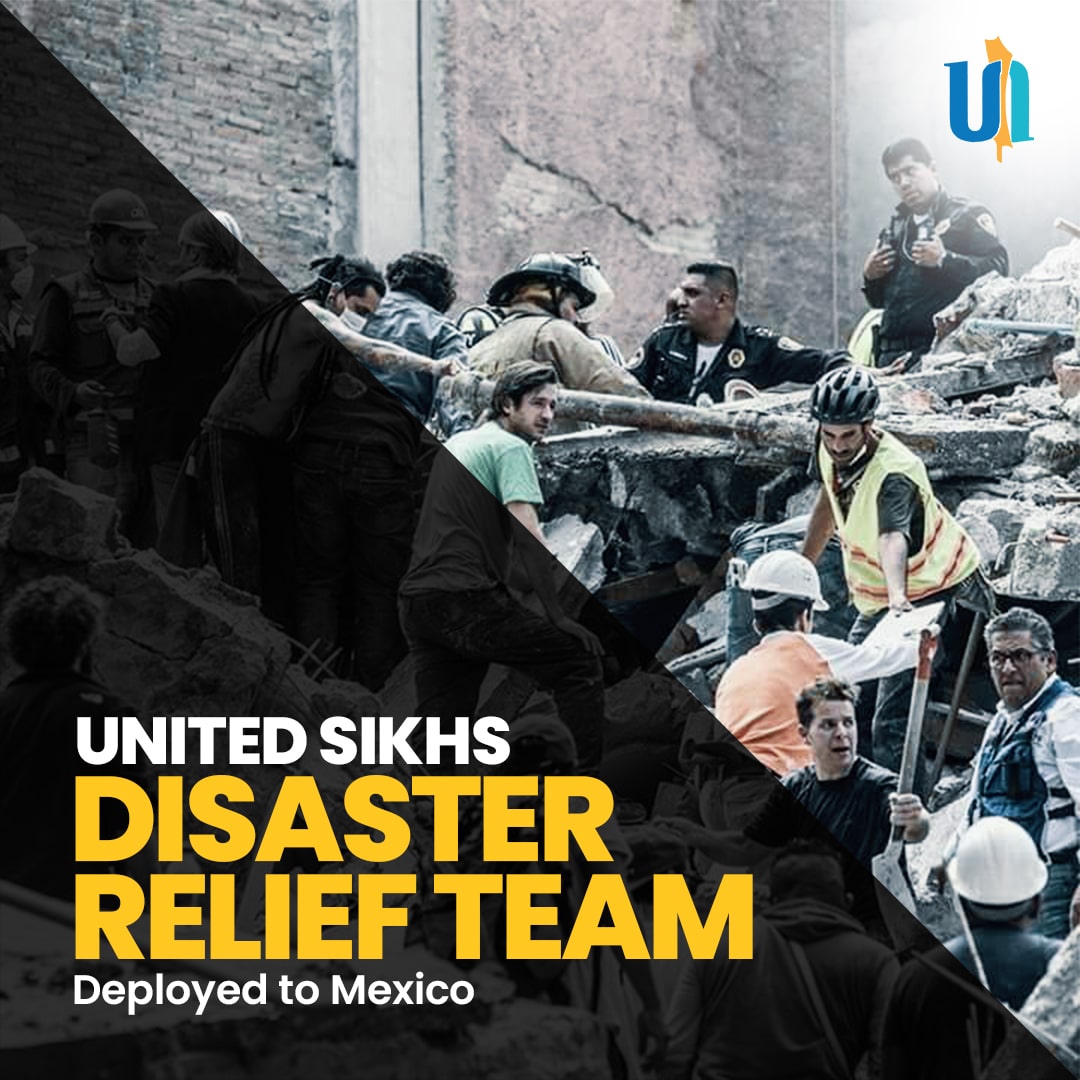
UNITED SIKHS Disaster Relief Team Deployed to Mexico
In 2017, Mexico was struck by three major hurricanes, causing widespread devastation. Hundreds of thousands of people were left homeless, thousands were injured, and hundreds lost their lives. The earthquakes further compounded the disaster, especially in Mexico City, where 30% of the country’s population resides. Many buildings collapsed, trapping people under rubble, while those who managed to escape were left vulnerable, sleeping on the streets amidst heavy rains.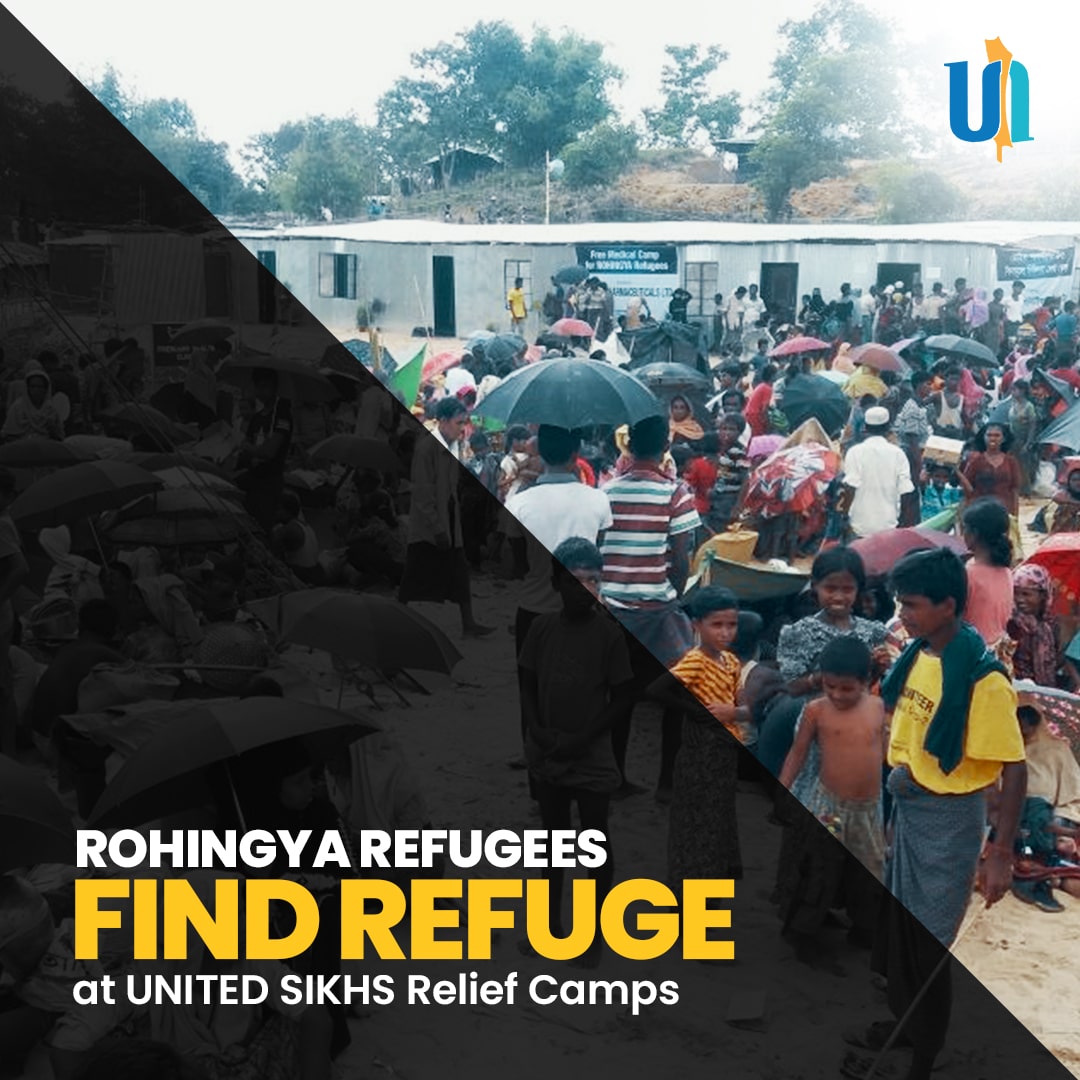
Rohingya Refugees Find Refuge at UNITED SIKHS Relief Camps
Over the past year, Rohingya refugees fleeing genocide in Myanmar have faced a severe humanitarian crisis upon arriving in Bangladesh. They escaped with nothing but the clothes on their backs and were met with dire conditions: 75% lacked secure shelter and were living in makeshift camps without access to clean water, sanitation, or security. The future for these refugees remains uncertain as they continue to endure unimaginable violence and hardship.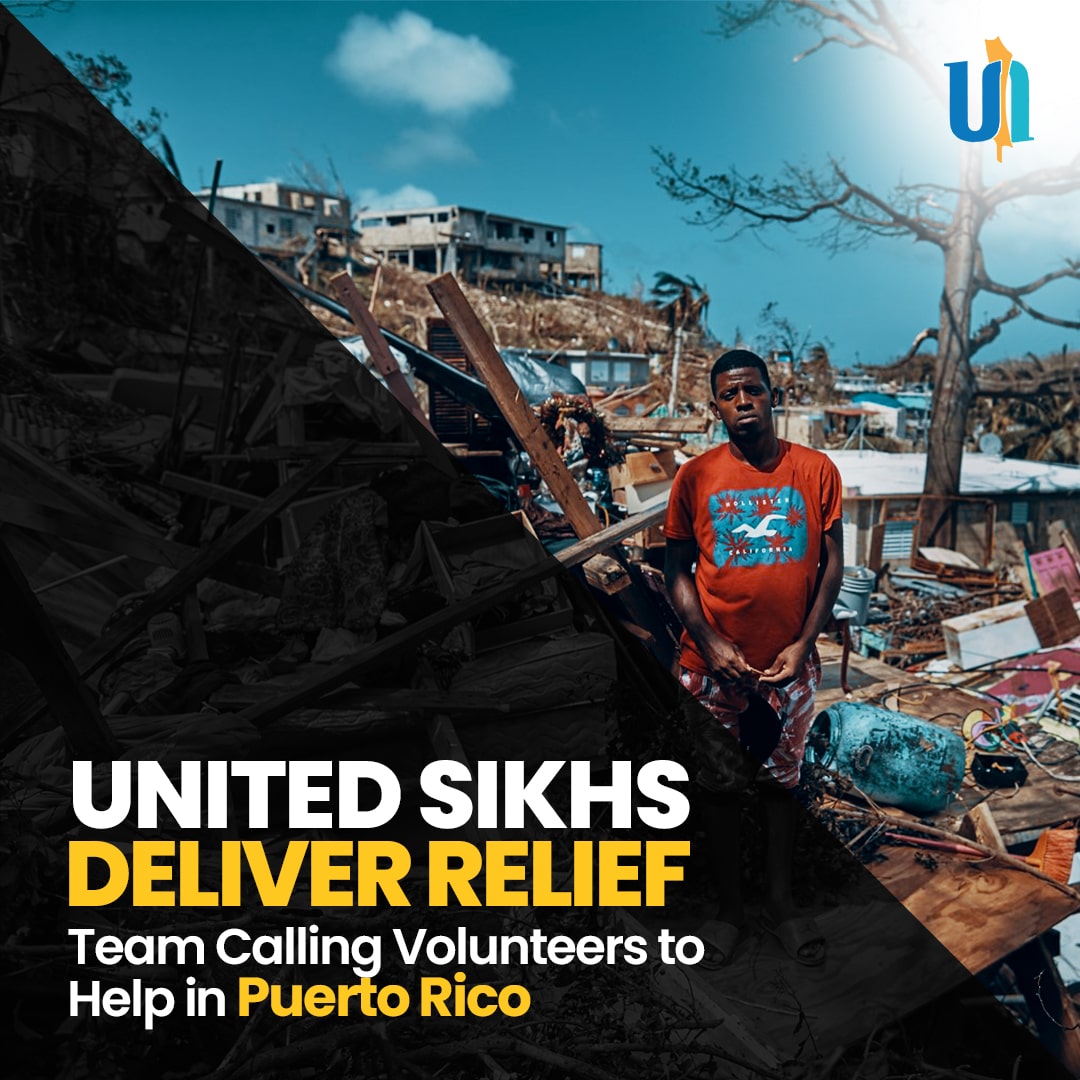
UNITED SIKHS Disaster Relief Team Calling Volunteers to Help in Puerto Rico
UNITED SIKHS is urgently mobilizing disaster relief efforts in Puerto Rico, specifically in the heavily impacted province of Utuado. This area has been devastated by Hurricane Maria, with collapsed infrastructure leading to severe shortages of running water, electricity, and fuel.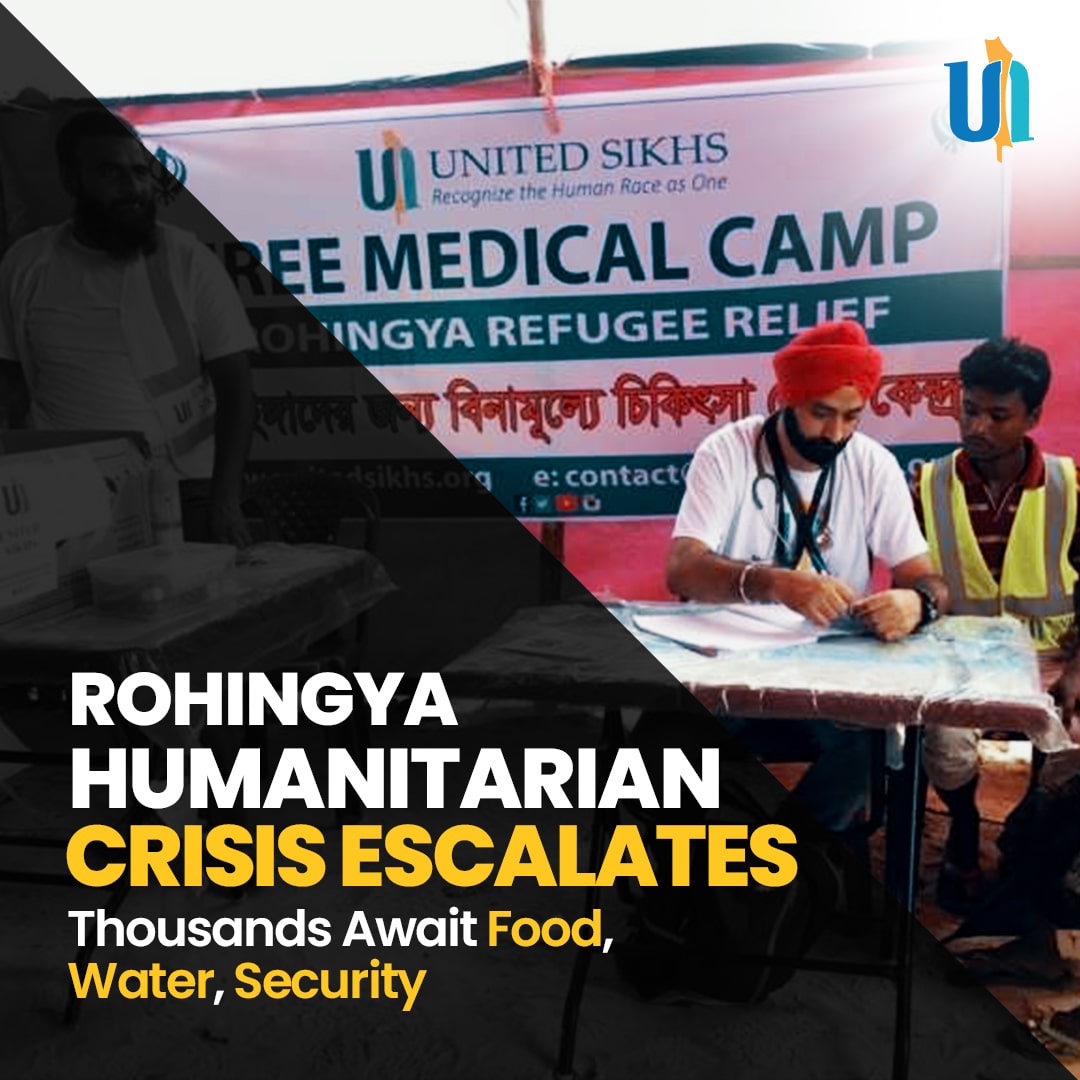
Rohingya Humanitarian Crisis Escalates Thousands Await Food, Water, Security
The mass exodus of Rohingya refugees fleeing persecution in Myanmar has reached a critical point, leading to overcrowded refugee camps at capacity. In the past week alone, over 200,000 new refugees have arrived at Kutupalong refugee camp near Cox’s Bazar, Bangladesh. The camp is struggling to accommodate and support the influx, with refugees facing dire conditions and shortages of essential resources.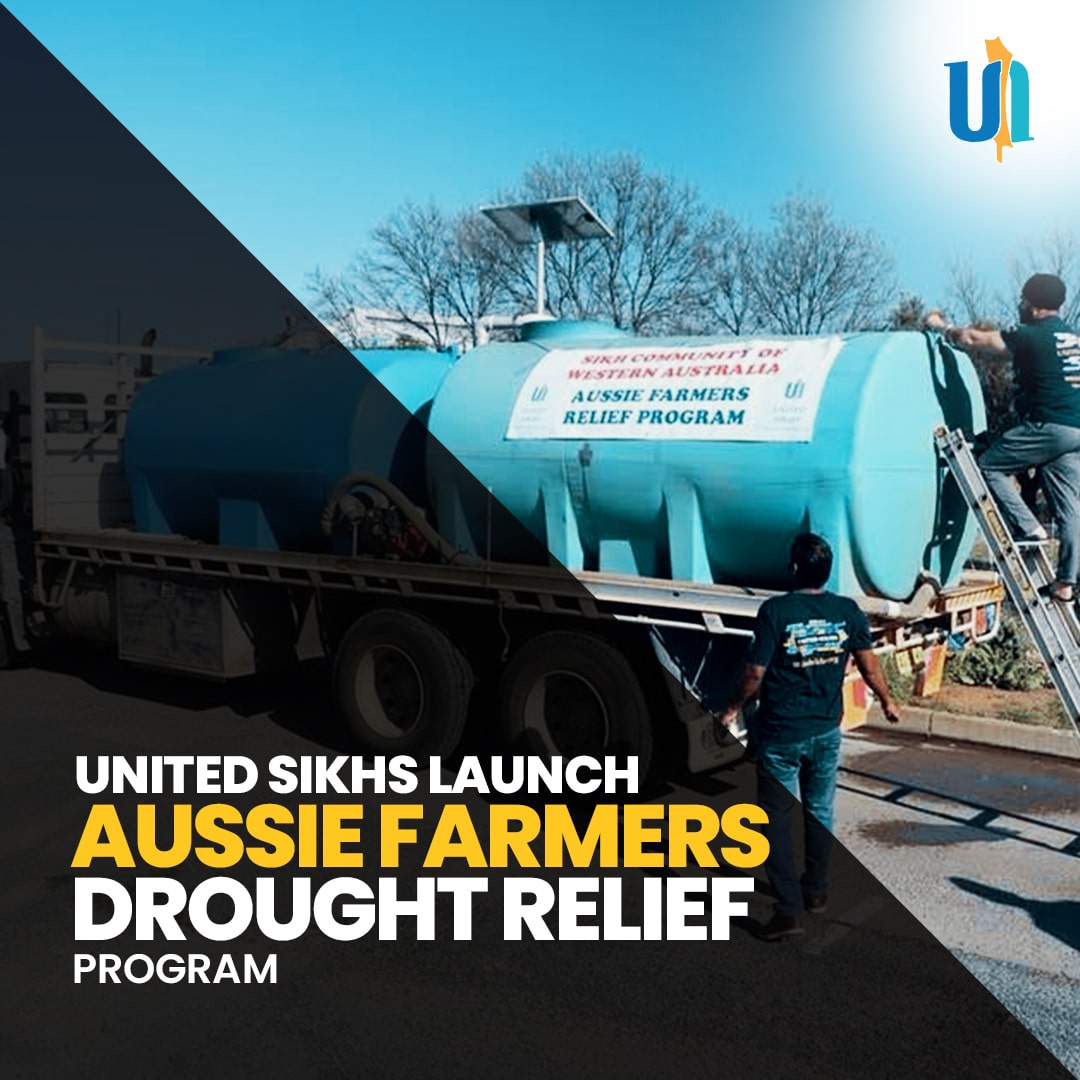
UNITED SIKHS LAUNCH AUSSIE FARMERS DROUGHT RELIEF PROGRAM
In December 2018, in New South Wales, Australia, farmers are grappling with the aftermath of a seven-year drought that has severely impacted their crops, livestock, and income. Recently, a 24-hour period of rain provided a rare respite, but economists estimate that weeks of consecutive rainfall are needed to make a significant difference. The state has experienced historically low rainfall, with some areas receiving just 16 millimeters in the past six decades, and September was the driest ever recorded on the continent.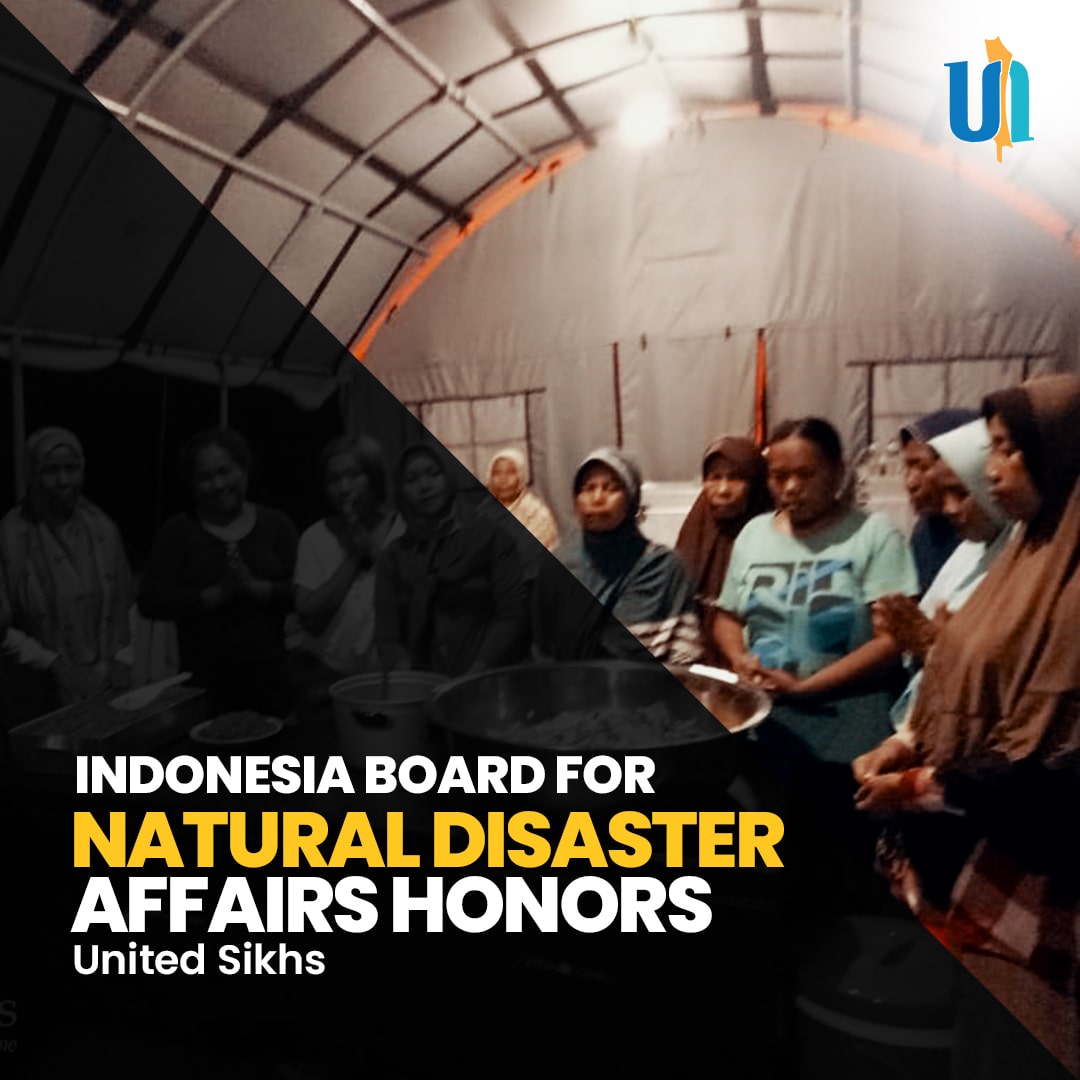
Indonesia board for natural disaster affairs honors United Sikhs
In the wake of recent high-magnitude earthquakes, a tsunami, and volcanic eruptions in Donggala, Indonesia, the region has been devastated, with over 2,105 lives lost, 4,612 injured, and significant public health concerns due to potential disease outbreaks from torrential rains. The disaster has displaced 222,986 individuals, damaged 68,451 homes, and severely impacted 45 healthcare facilities, with nine being critically damaged.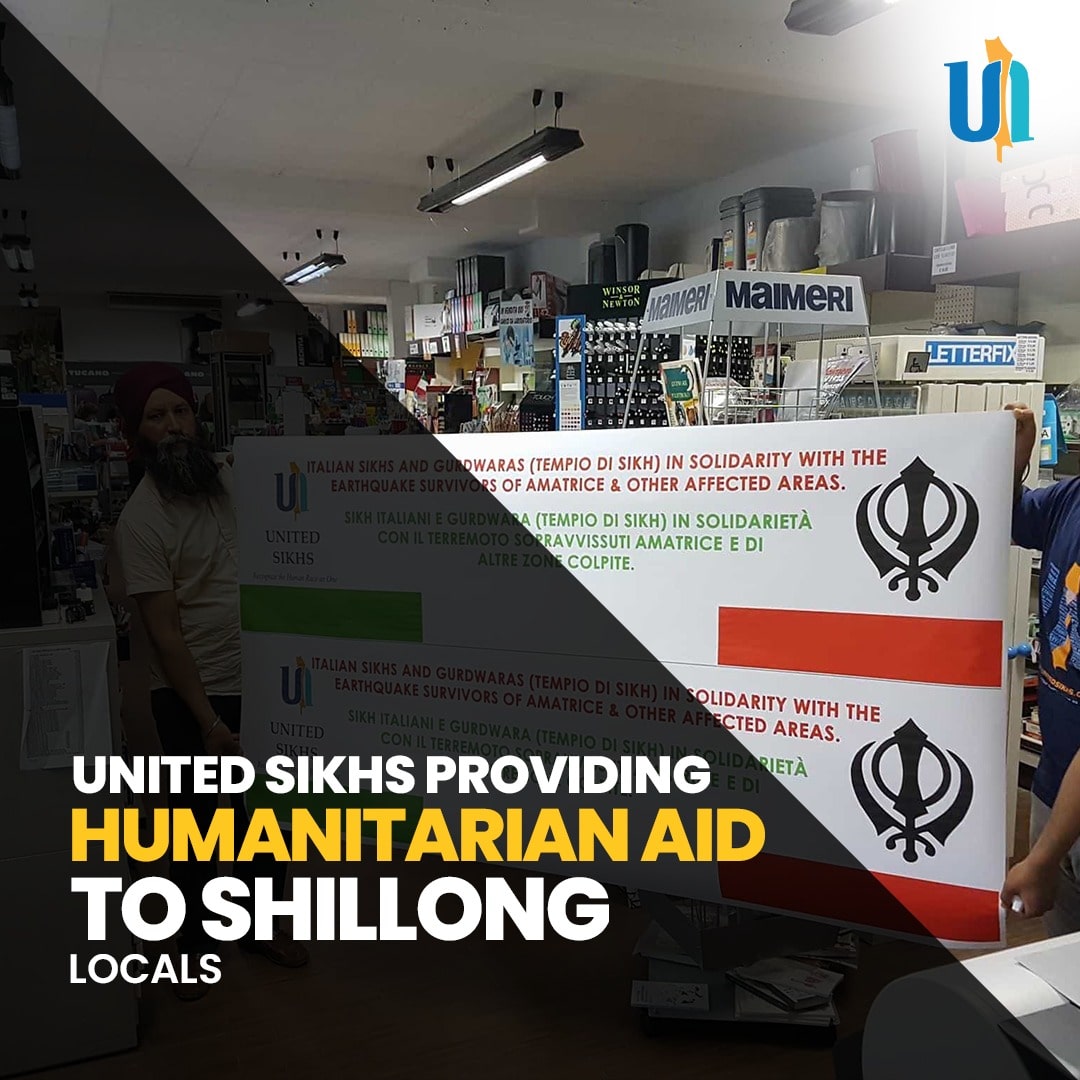
UNITED SIKHS Providing Humanitarian Aid to Shillong
On May 31, a mob of 200-300 individuals attacked Sikh homes and businesses near Guru Nanak Darbar Gurdwara in Punjabi Lane, Shillong, during an ongoing conflict. The violence erupted in retaliation against Sikh leaders who had supported a Sikh woman harassed by a public service driver earlier that day. Despite efforts to control the situation, the state government imposed a curfew on June 1, which remains in place, while communication channels like phone and internet access were cut off. The Sikh community faced increasing threats, including potential petrol bomb attacks.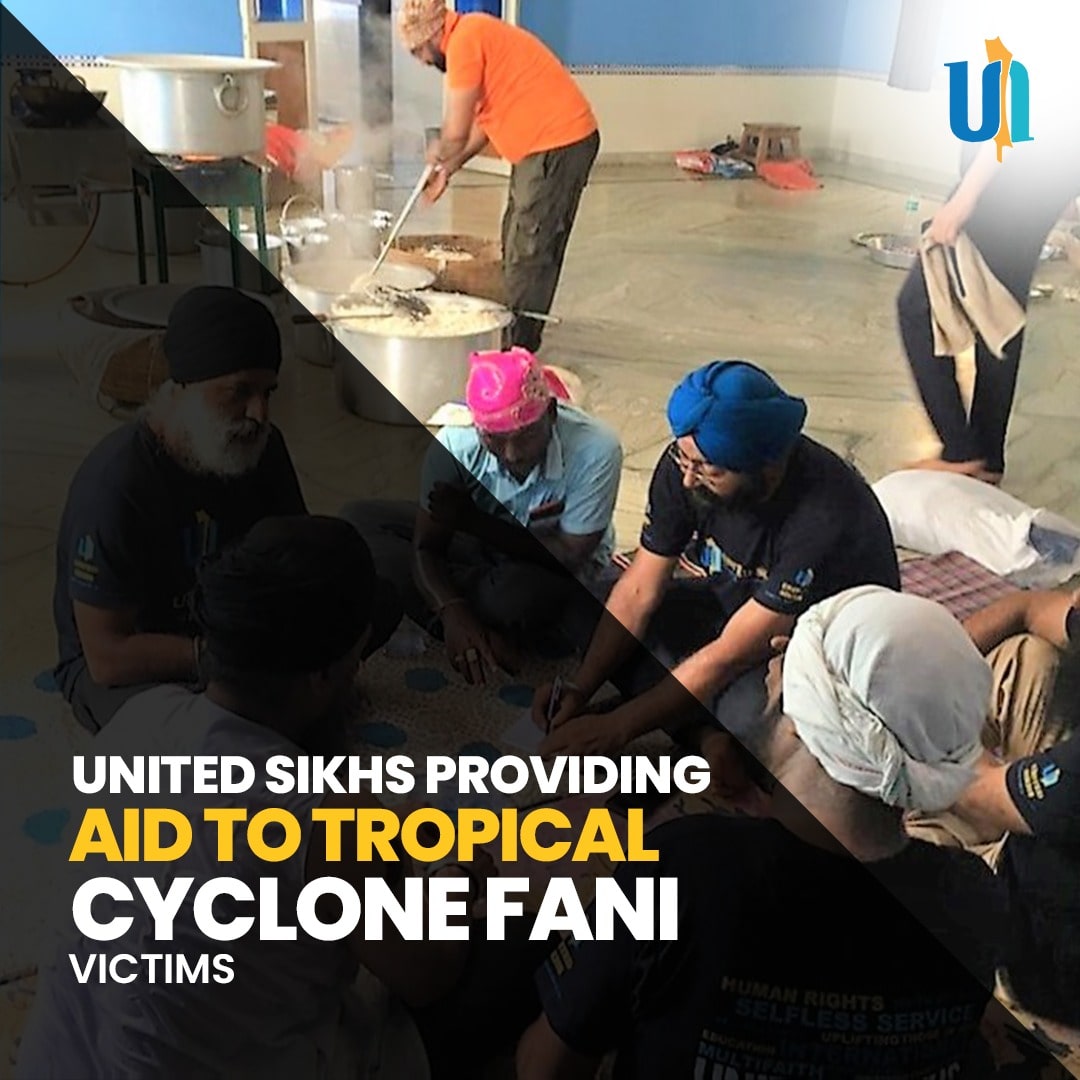
Providing Aid to Tropical Cyclone Fani Victims
In May 2019, Tropical Cyclone Fani, one of the strongest tropical storms in two decades, struck Eastern India, particularly devastating the state of Odisha. The cyclone, equivalent to a category 4 hurricane, hit with winds of 240 kilometers per hour, destroying homes, infrastructure, and uprooting trees. Over 28 million people, including 10 million children, were put in harm’s way, with the town of Puri facing severe damage. Power outages, downed power lines, and the destruction of over 6,000 schools and 1,000 health facilities left the population in dire need of immediate aid.
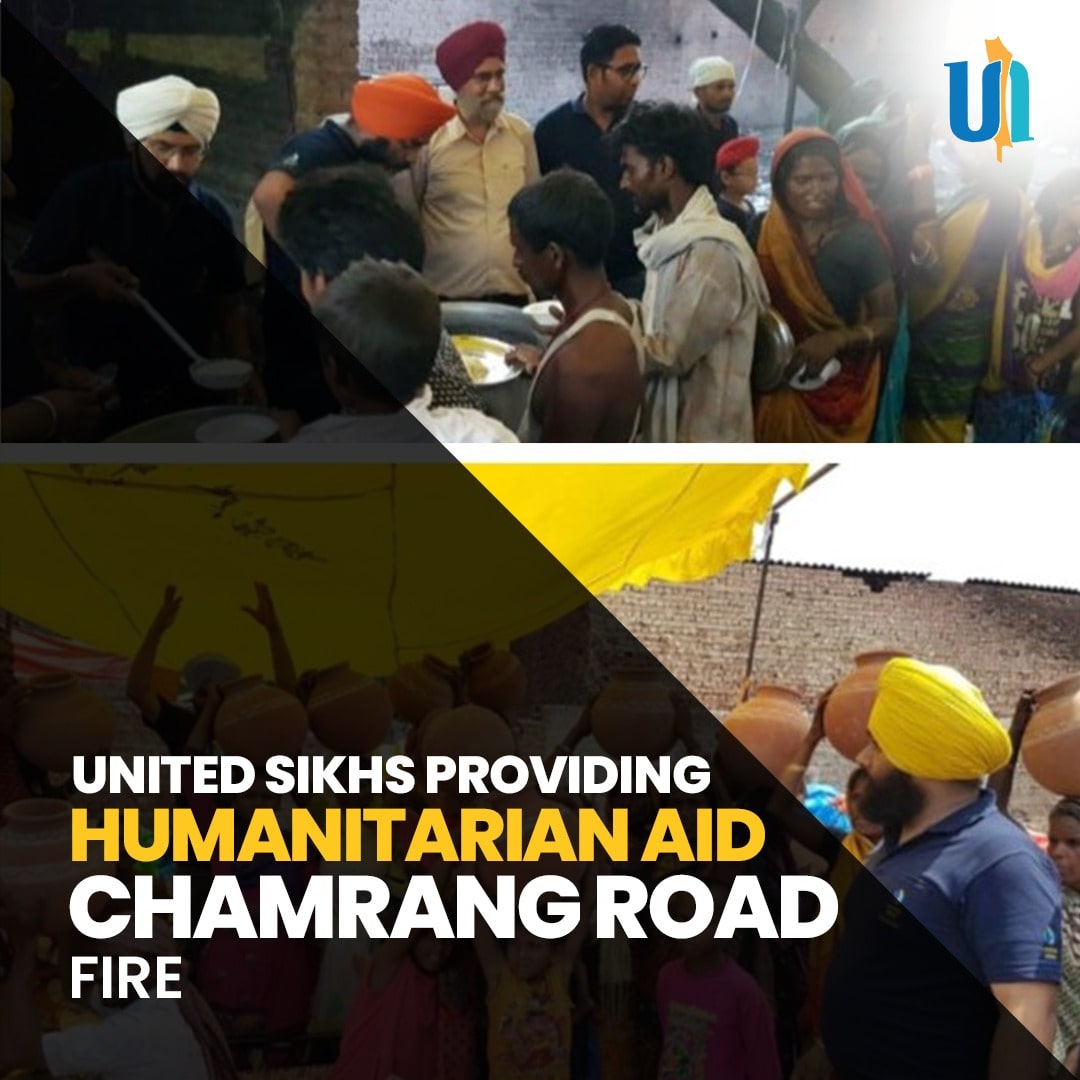
UNITED SIKHS Provide Humanitarian Aid in Chamrang Road Fire
On June 27, a devastating fire broke out in the Chamrang area of Sri Amritsar Sahib, destroying 80 makeshift shacks that housed about 300 people, primarily from Bihar. These individuals belonged to the Below Poverty Line (BPL) class, earning daily wages and storing their meager possessions in their temporary huts. The fire spread quickly, leaving the victims without shelter, utensils, clothes, or money. Many lacked basic identification, such as Aadhaar cards or bank accounts, compounding their vulnerability.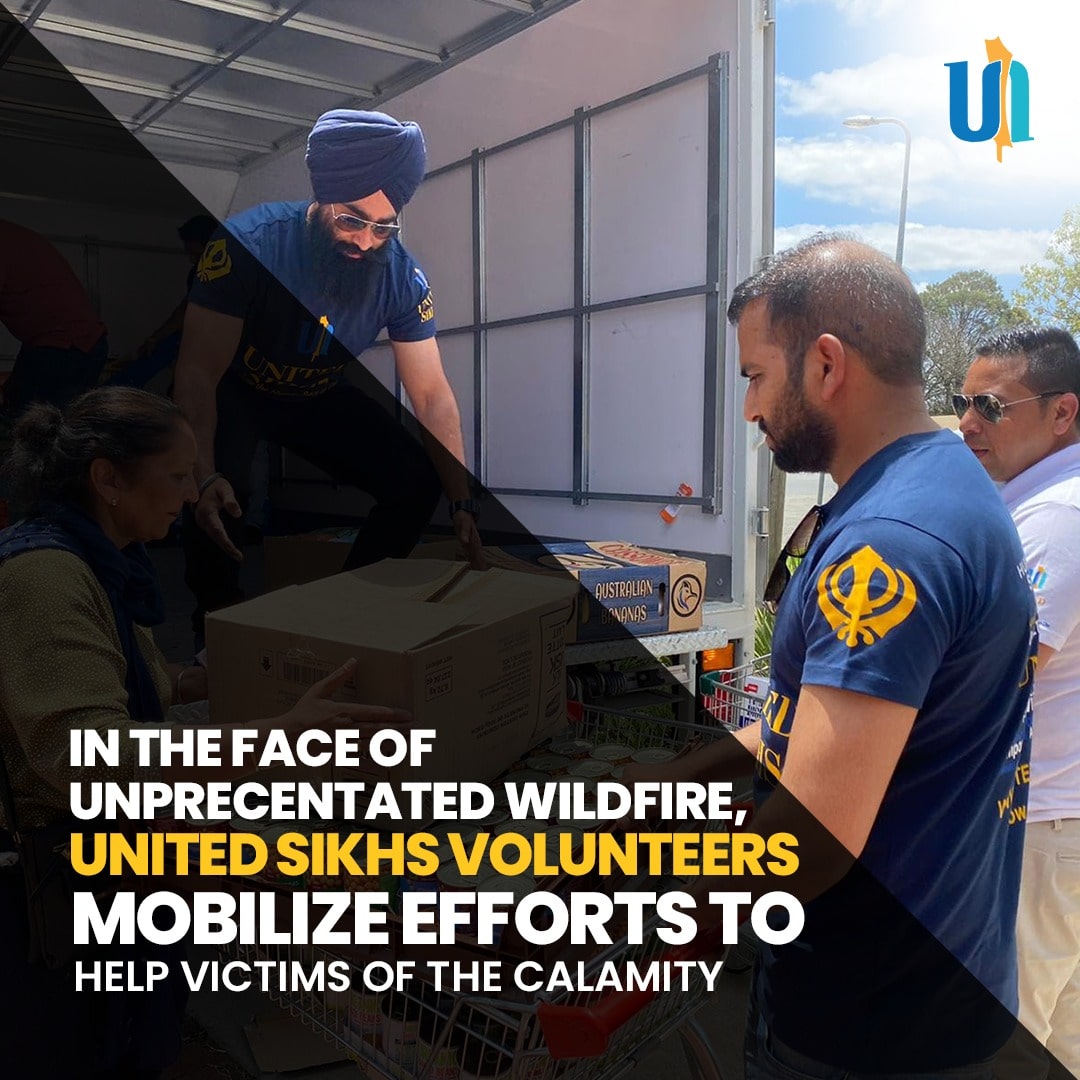
In the Face of Unprecentated Wildfire, UNITED SIKHS Volunteers Mobilize Efforts to Help Victims of the Calamity
In late 2019 and early 2020, catastrophic bushfires devastated South Australia, New South Wales, and Victoria, resulting in the loss of 28 lives, the destruction of 12.35 million hectares of land, and the displacement of tens of thousands of people. This disaster stretched the limits of the Australian government, leaving survivors in desperate need of essential supplies.

Feed The Hunger with Guru Ka Langar
During the COVID-19 pandemic, many communities in Melbourne, Australia faced food insecurity, particularly families struggling to make ends meet. Vulnerable groups such as the elderly, Aboriginal communities, and those affected by the economic impact of the pandemic required urgent support.
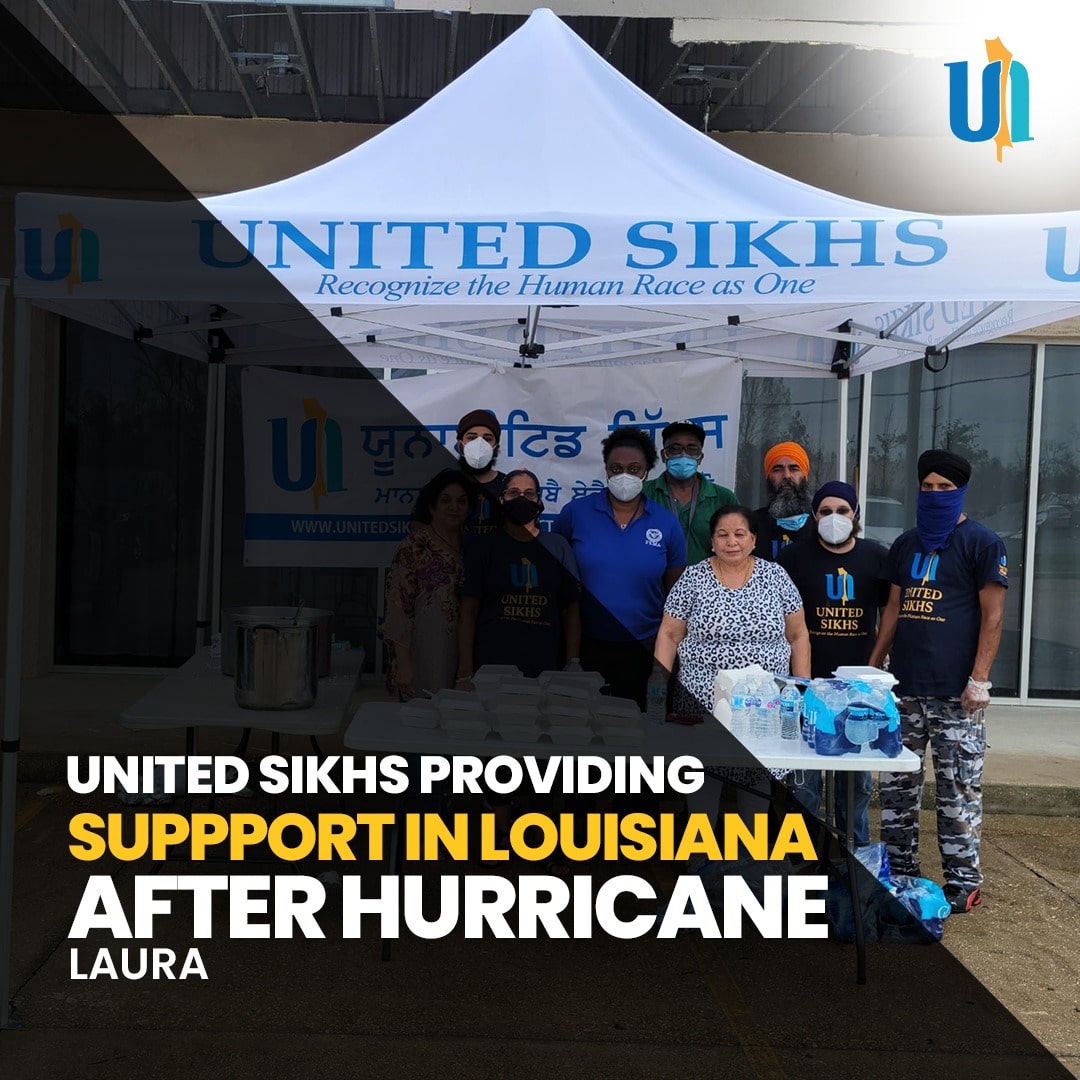
UNITED SIKHS Providing suppport in Louisiana after Hurricane Laura
In September, 2020, Hurricane Laura, the fifth strongest hurricane to hit the continental U.S., recently struck Louisiana, causing widespread devastation. Thousands of families were left homeless, and the region’s power grids were severely damaged. Public housing residents were particularly affected, as many are unable to relocate due to financial constraints. UNITED SIKHS, in collaboration with FEMA and the Red Cross, initiated a relief effort to support the affected communities.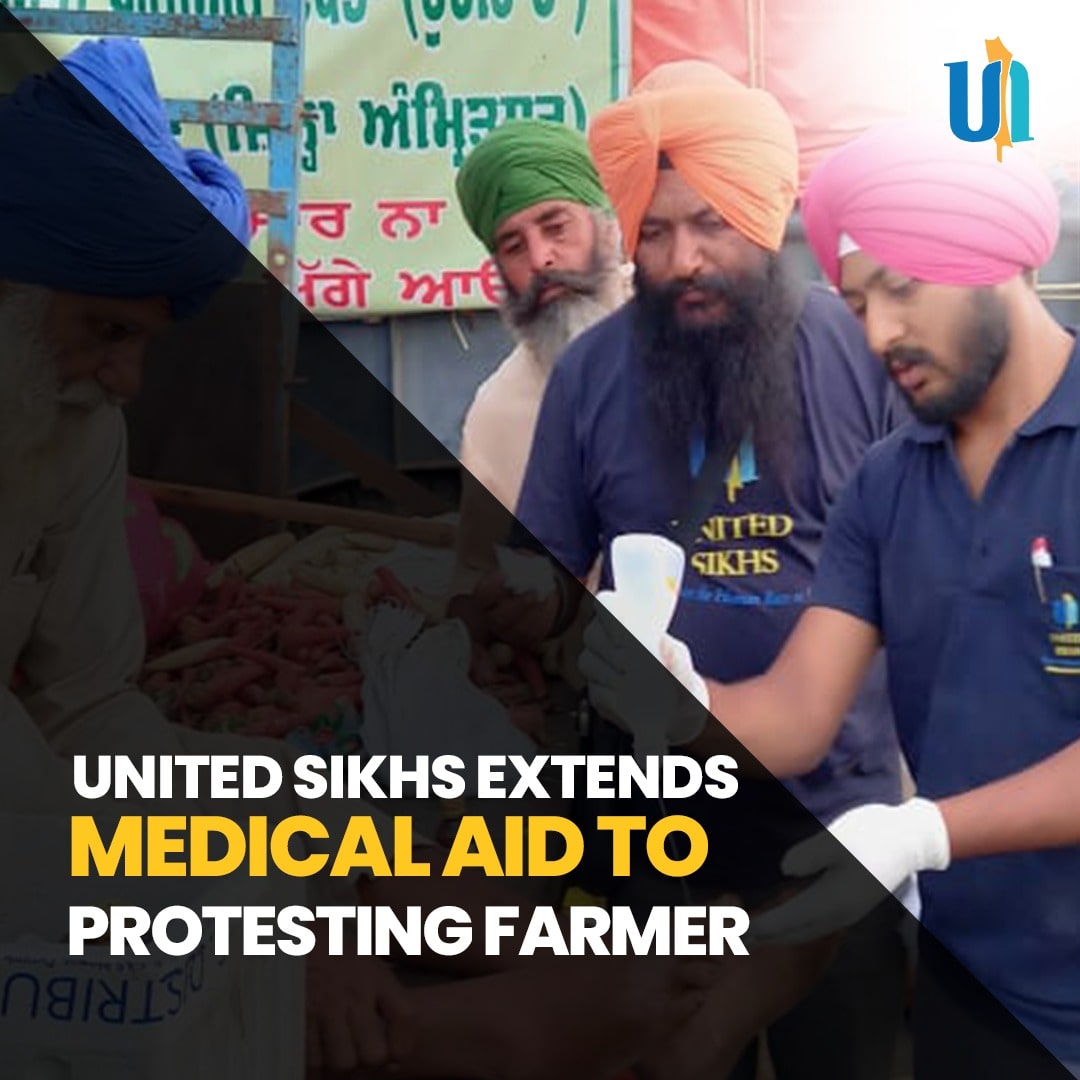
UNITED SIKHS Extends Medical Aid to Protesting Farmer
Farmers in India have been protesting the new farm laws, which they believe are detrimental to their rights and livelihoods. Despite facing immense challenges, including harsh weather, injuries, and personal loss, the farmers remain steadfast in their demand to repeal these laws. The agricultural sector in India has been suffering for years, with many farmers trapped in cycles of debt and bankruptcy, leading to one of the highest farmer suicide rates in the world.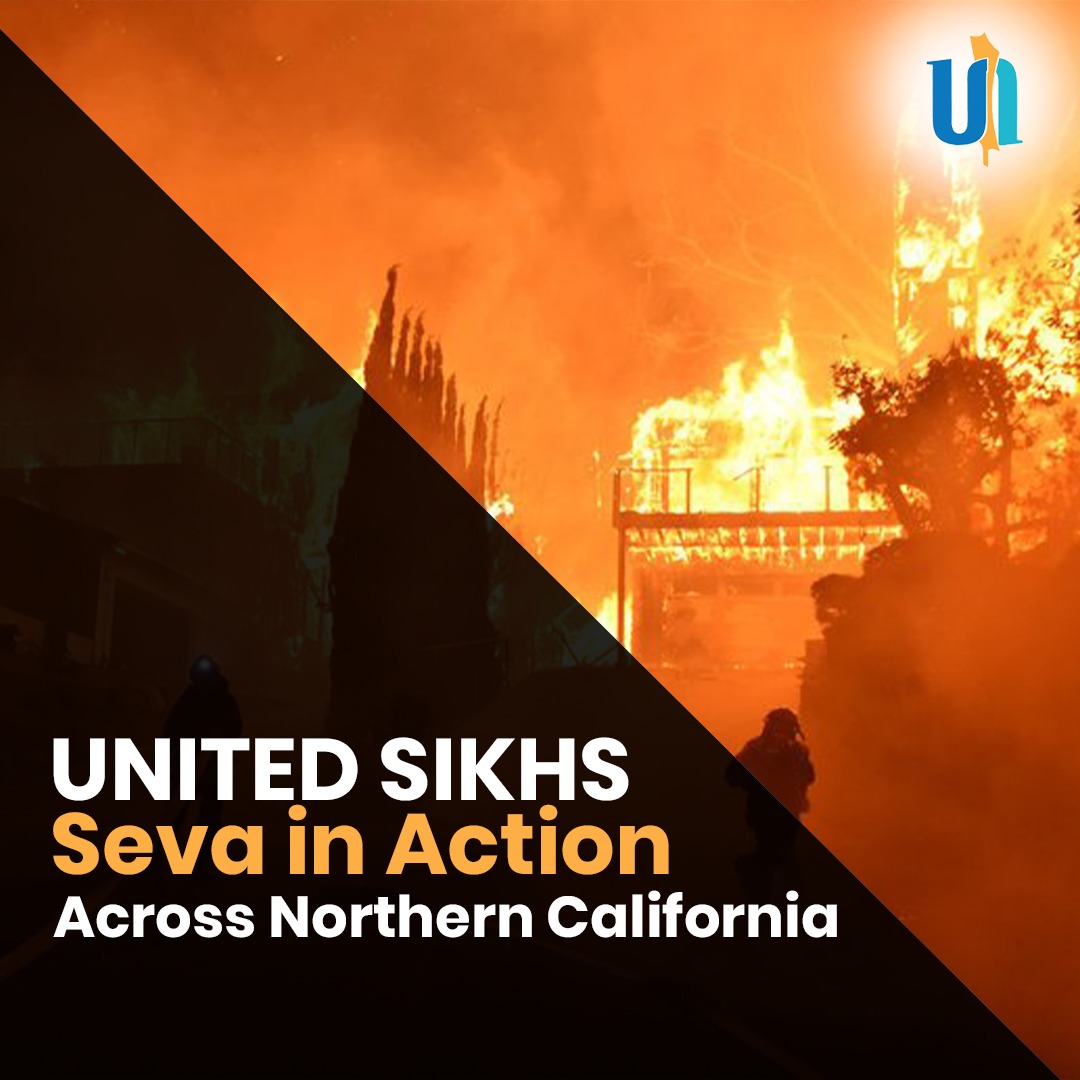
California Fires
Critical fire weather remains in effect across much of Northern California, with firefighters on high alert for the possibility of new fast moving wildfires. Over 6,000 firefighters remain committed to 19 wildfires in California, 12 of which remain major incidents.
The focus of the UNITED SIKHS Bay Area chapter is to serve the homeless community living in shelters & open encampments; residents who have been affected by natural disasters like fires; and the community impacted by COVID-19 crisis.
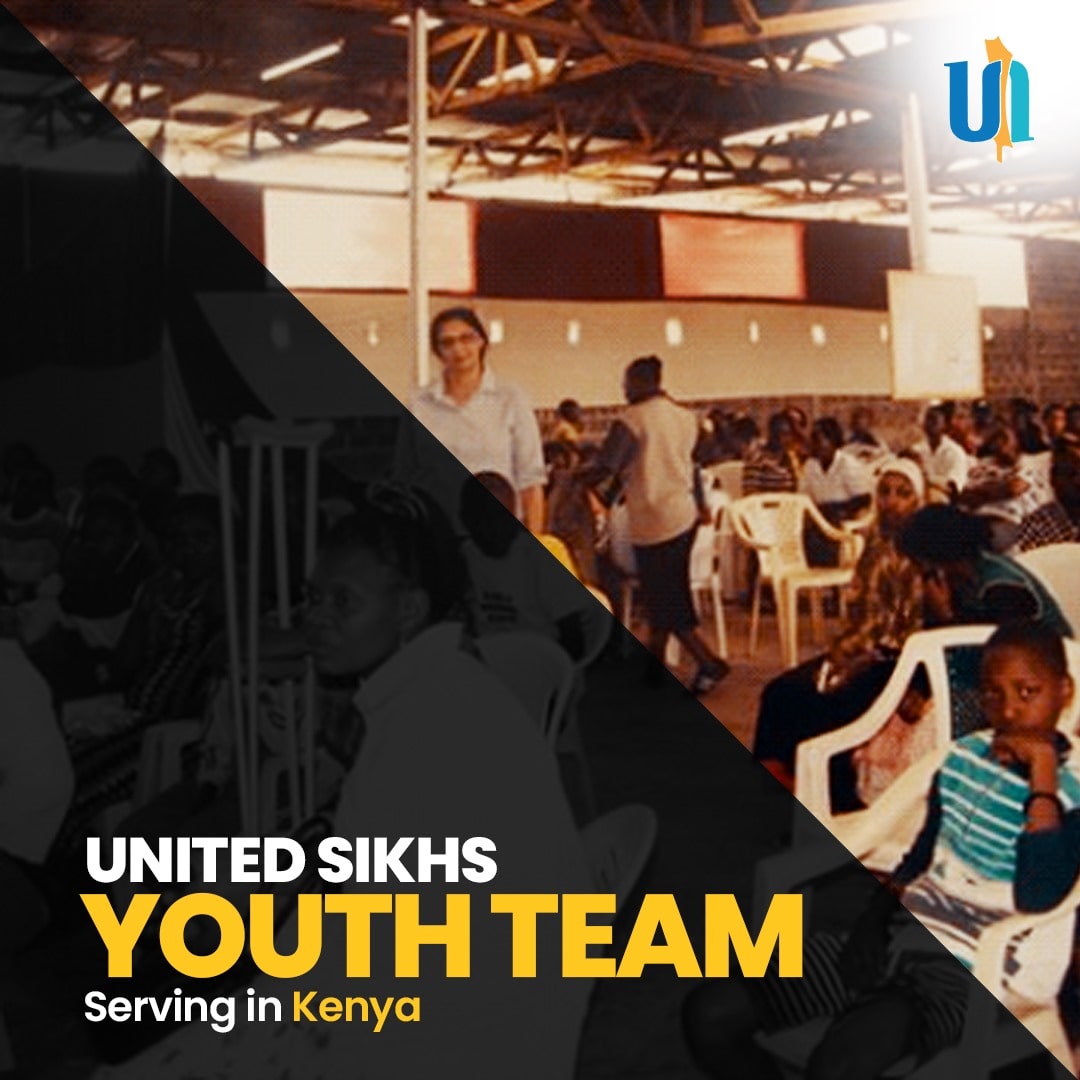
UNITED SIKHS Youth Team Serving in Kenya
UNITED SIKHS young volunteers has been actively engaged in providing the humanitarian aidto various region in Africa, with focus on Kenya. We recognised the pressing need for assistance in areas where all age groups were poverty stricken and malnourished. A team of volunteers of UNITED SIKHS from US provided urgent assistance through logistics and expanded their humanitarian efforts in the region.
UNITED SIKHS– Pandemic Support for India’s COVID-19 Second Wave
India is currently grappling with a devastating second wave of the Covid-19 pandemic. With over 300,000 fresh cases reported daily and more than 200,000 deaths, the healthcare system is overwhelmed. Hospitals across the country are facing critical shortages of oxygen, medicines, and essential equipment, while cemeteries and crematoriums are struggling to keep up with the rising death toll.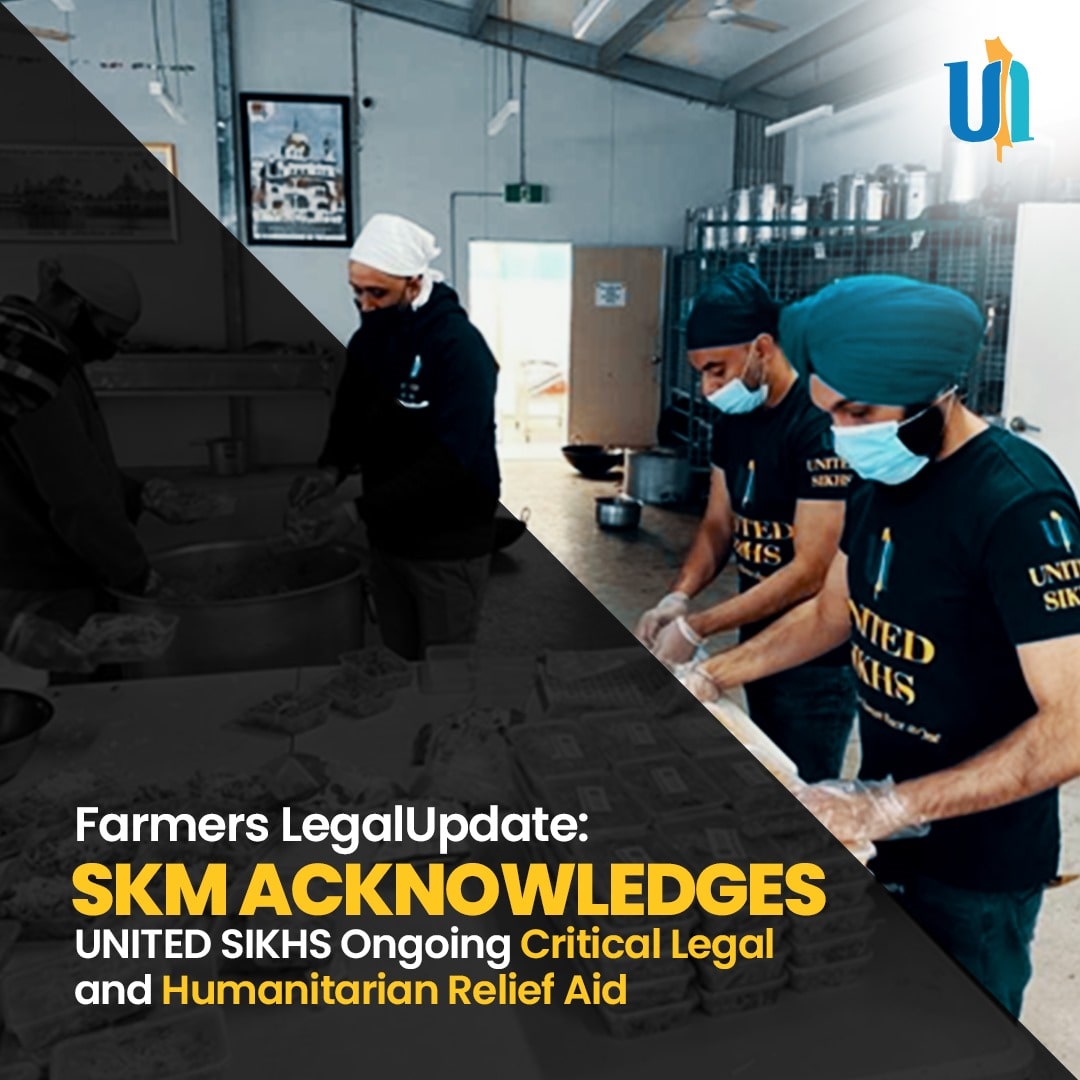
Farmers Legal Update: SKM Acknowledges UNITED SIKHS Ongoing Critical Legal and Humanitarian Relief Aid
In the wake of the farmers’ protests against the three farm laws passed by the Indian government in September 2020, many farmers and protestors faced legal challenges, including arrests and disappearances. The protests intensified on January 26, 2021, during a demonstration in Delhi, where numerous individuals were arrested or went missing.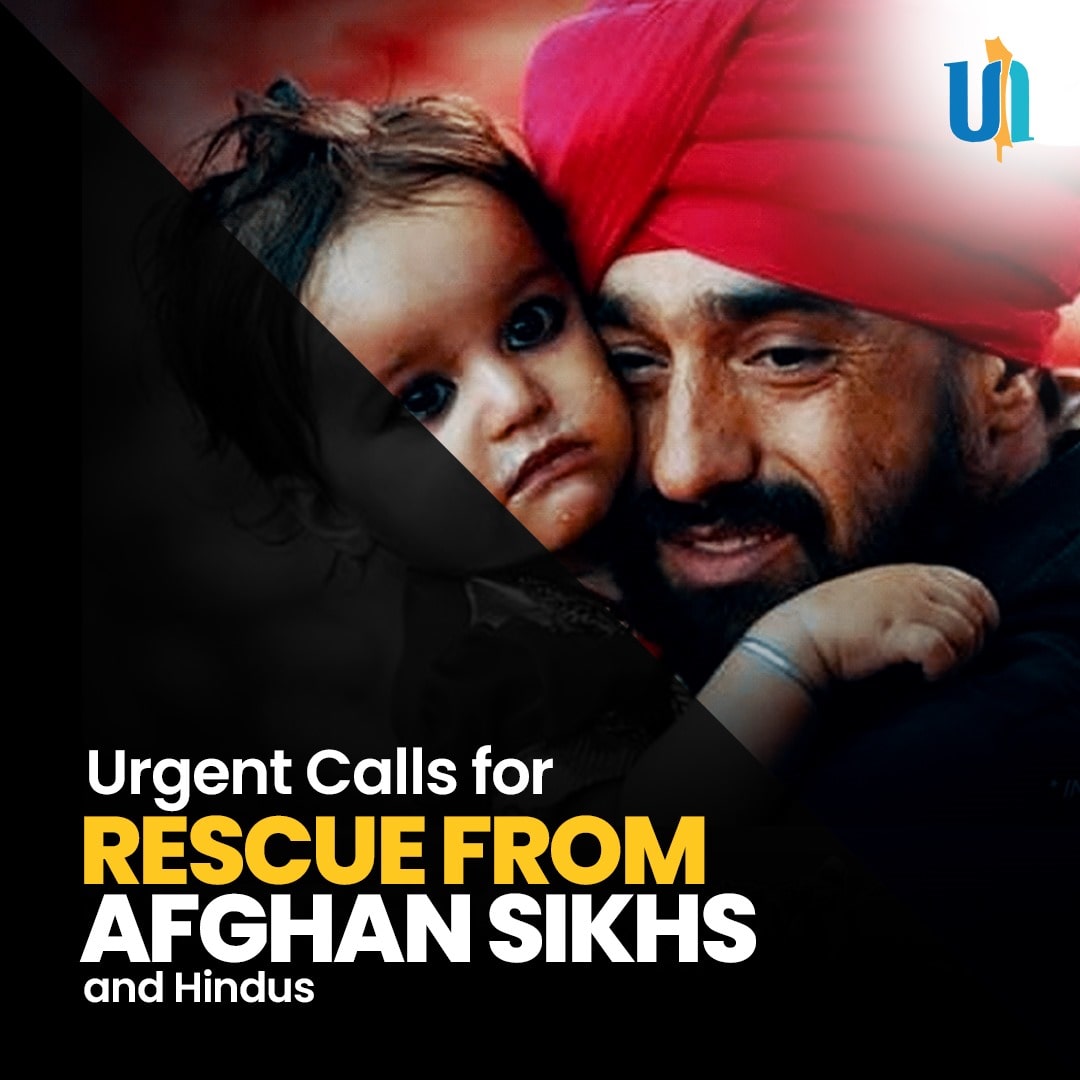
Urgent Calls for rescue from Afghan Sikhs and Hindus
In 2021, in the face of a rapidly escalating crisis in Afghanistan, the safety and well-being of ethnic minorities, especially Sikhs and Hindus, have been at great risk. With the country’s deteriorating security situation, families face perilous circumstances and an uncertain future, particularly in cities like Kabul and Jalalabad.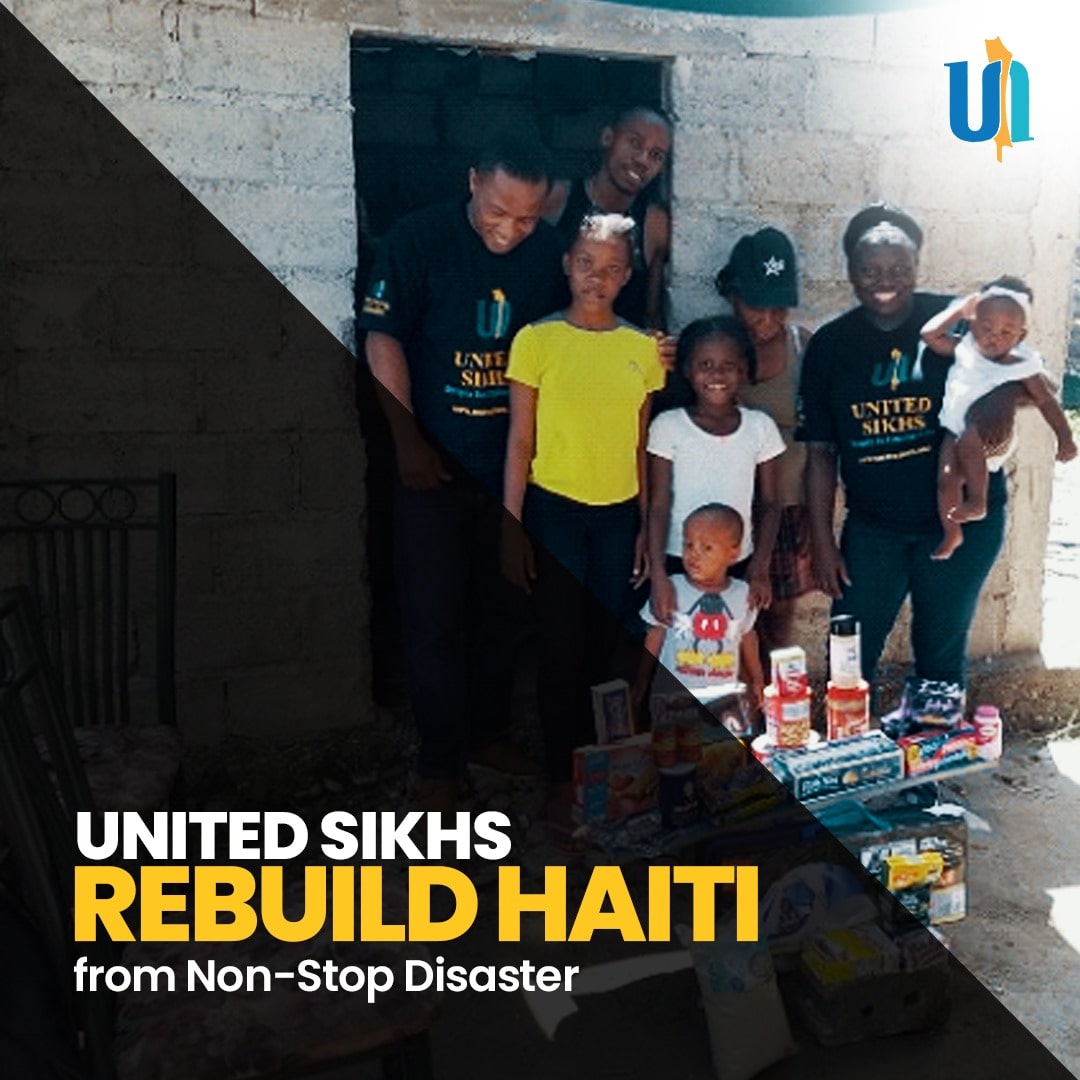
UNITED SIKHS Rebuild Haiti from Non-Stop Disaster
During the global pandemic in 2021, natural disasters were exacerbating the struggles of many underprivileged communities worldwide. In Haiti, a devastating 7.4 magnitude earthquake struck on August 14th, compounding the crisis for a nation still recovering from the 2010 earthquake.

UNITED SIKHS Rehabiliates Afghan Minority Refugees in Mexico
After months of legal advocacy, UNITED SIKHS’ International Civil and Human Rights Advocacy team was dedicated to helping Afghan minority refugees (Sikhs and Hindus) displaced by the conflict in Afghanistan find asylum. Many of these refugees faced danger, with limited options for resettlement and security.
UNITED SIKHS Providing Ukraine War Aid
From starting of the dreadful war between Ukraine and Russia, hundreds of students and residents of Indian origin found themselves stranded amidst the chaos. Many reached out to UNITED SIKHS for urgent assistance as they struggled to find safe passage, shelter, and basic necessities.
UNITED SIKHS Helps Sikh Family Escape Bombing in Kyiv
In the midst of the Ukraine crisis, over 3 million residents were forced to flee their homes under dire conditions. Among them was Kulbir Singh, his wife, and their infant child, who faced unimaginable challenges during their escape from war-torn Kyiv.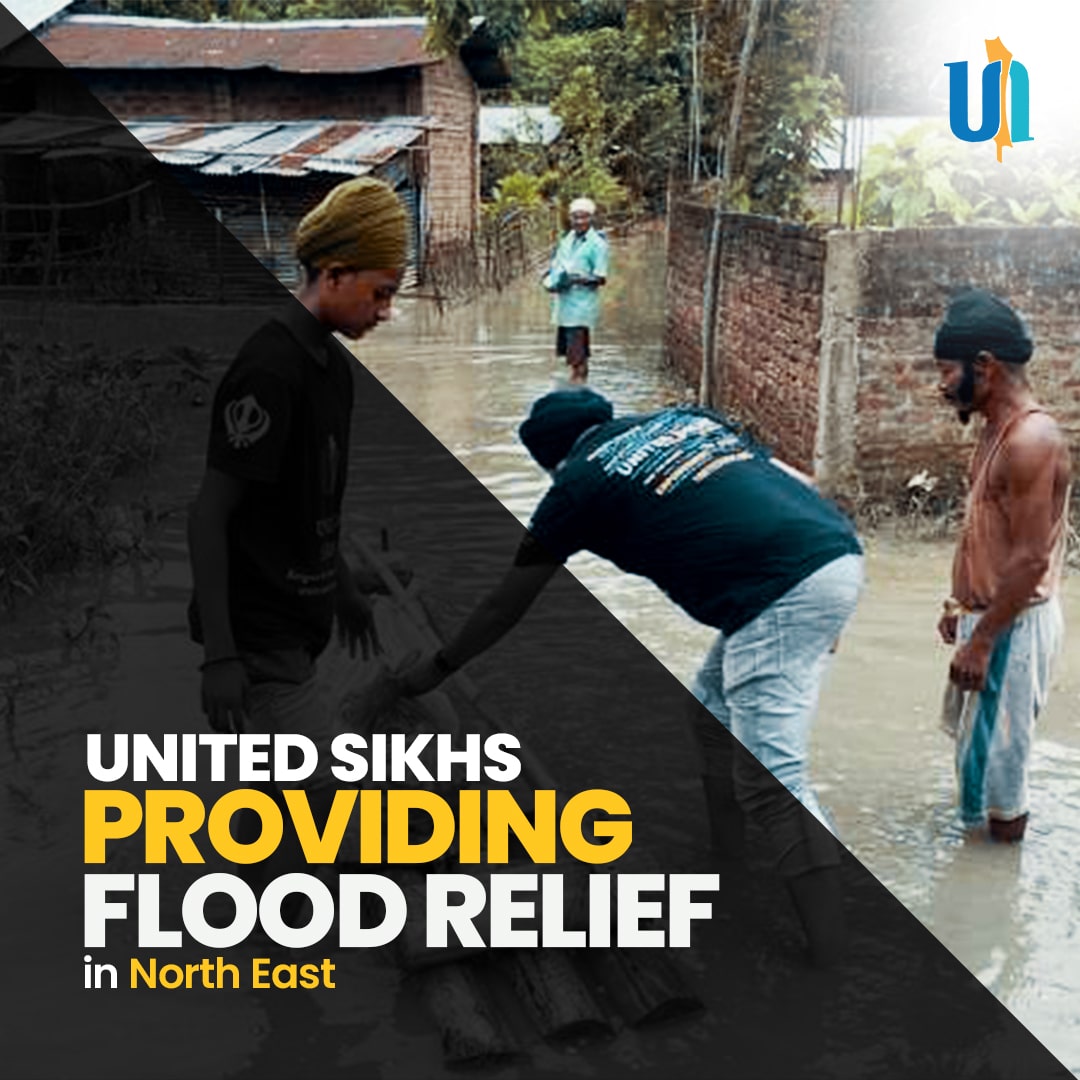
UNITED SIKHS Providing Flood Relief in North East
In 2022, the floods in North East devastated the entire communities, destroying livelihood and live stocks, especially in Assam. Families were left displaced and struggling for survival as their homes were submerged and basic necceassities like food, clean water, and shelter in scarce supply.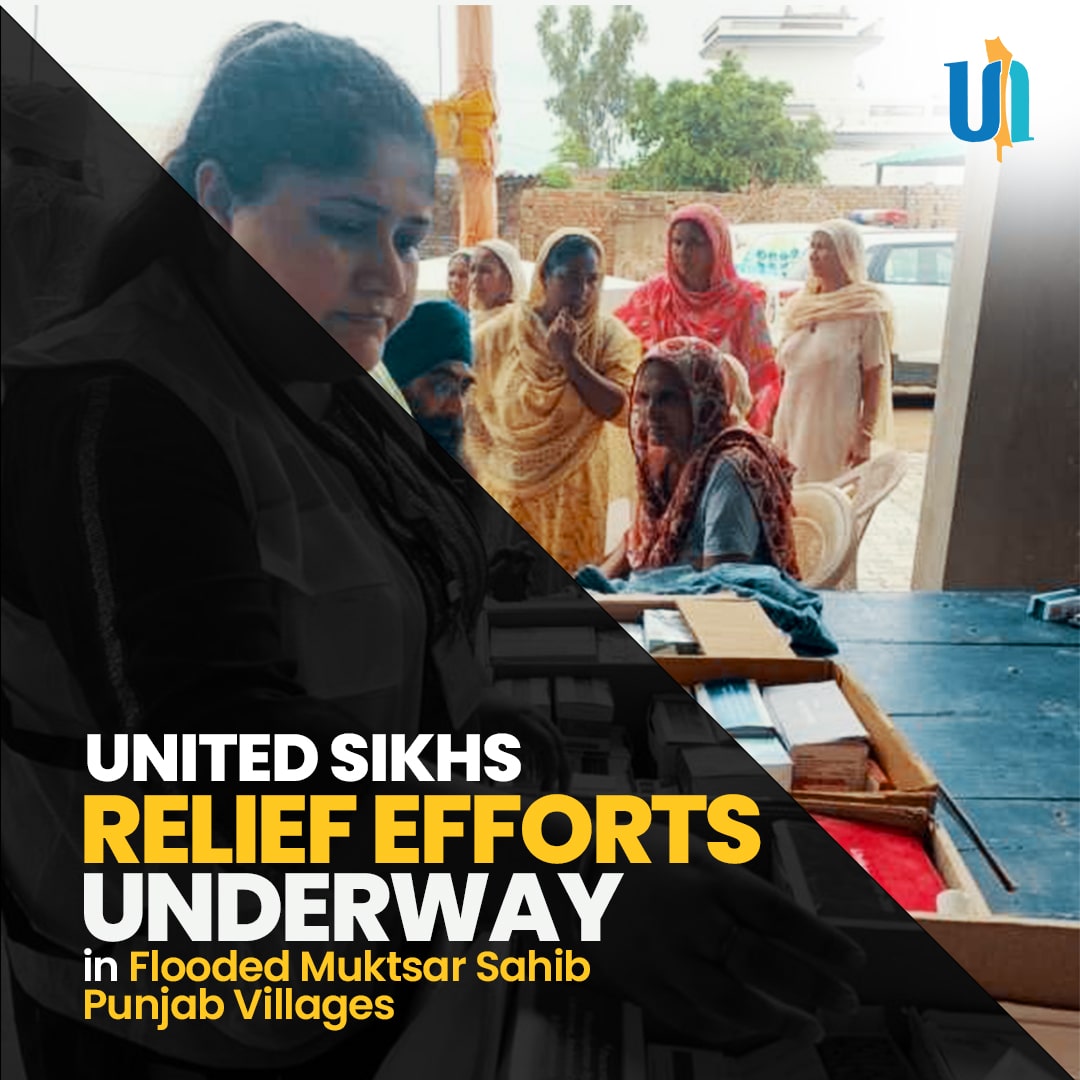
UNITED SIKHS Relief Efforts Underway in Flooded Muktsar Sahib Punjab Villages
The villages of Sri Muktsar Sahib in Punjab are facing severe devastation due to waterlogging caused by a rising water table and incessant rains. Farmlands, homes, and villages are submerged under 4-5 feet of water, threatening the livelihoods of farmers and villagers. The standing paddy crop is at risk of total loss, and homes are being damaged as roofs collapse.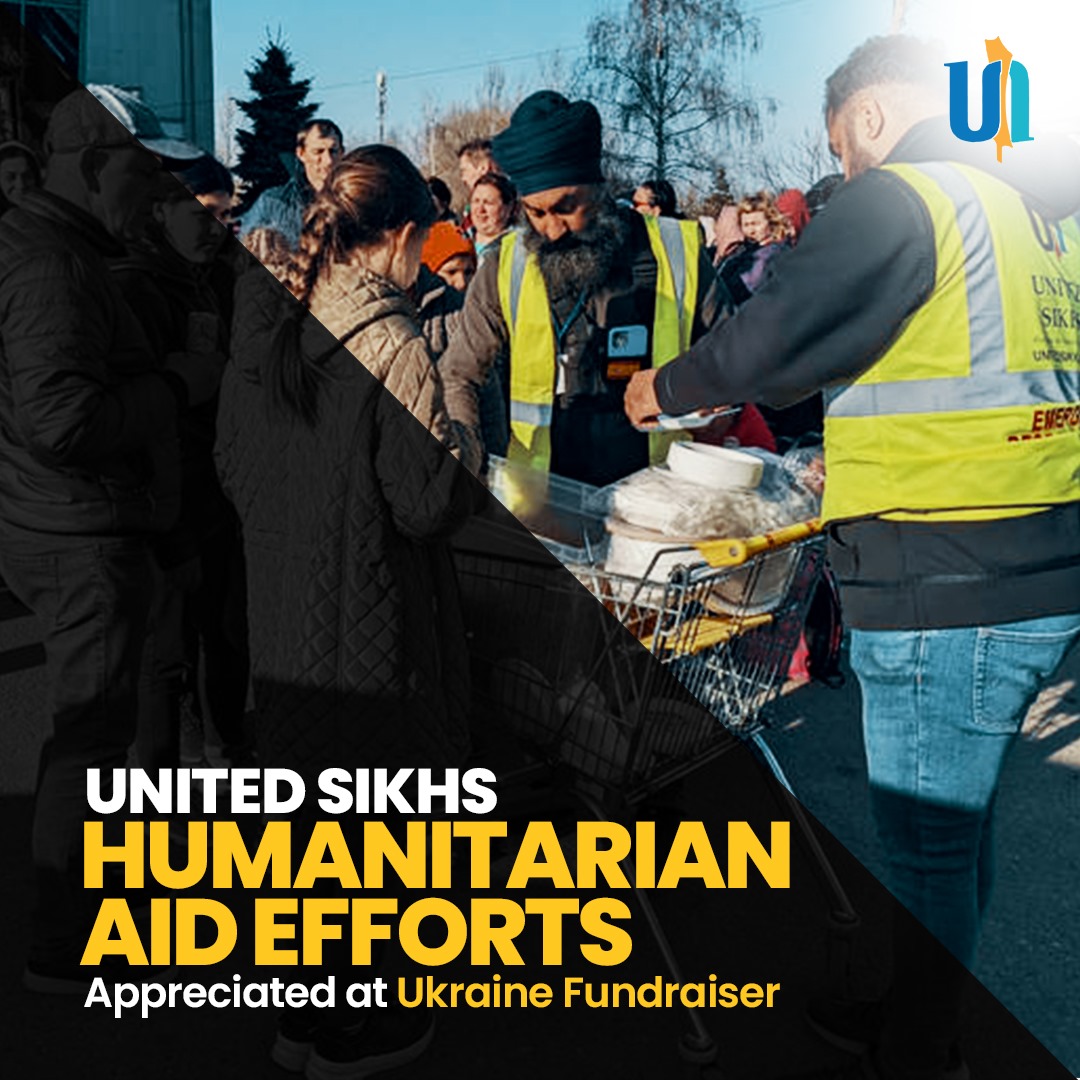
UNITED SIKHS Humanitarian Aid Efforts Appreciated at Ukraine Fundraiser
At the New Jersey Performing Arts Center in Newark, NJ, ‘Friends of Ukraine’ hosted a fundraising event to support humanitarian aid efforts in Ukraine. The event brought together various organizations and individuals, including UNITED SIKHS, Ukrainian National Women’s League of America (UNWLA), and World Central Kitchen, to recognize their vital contributions during the ongoing conflict.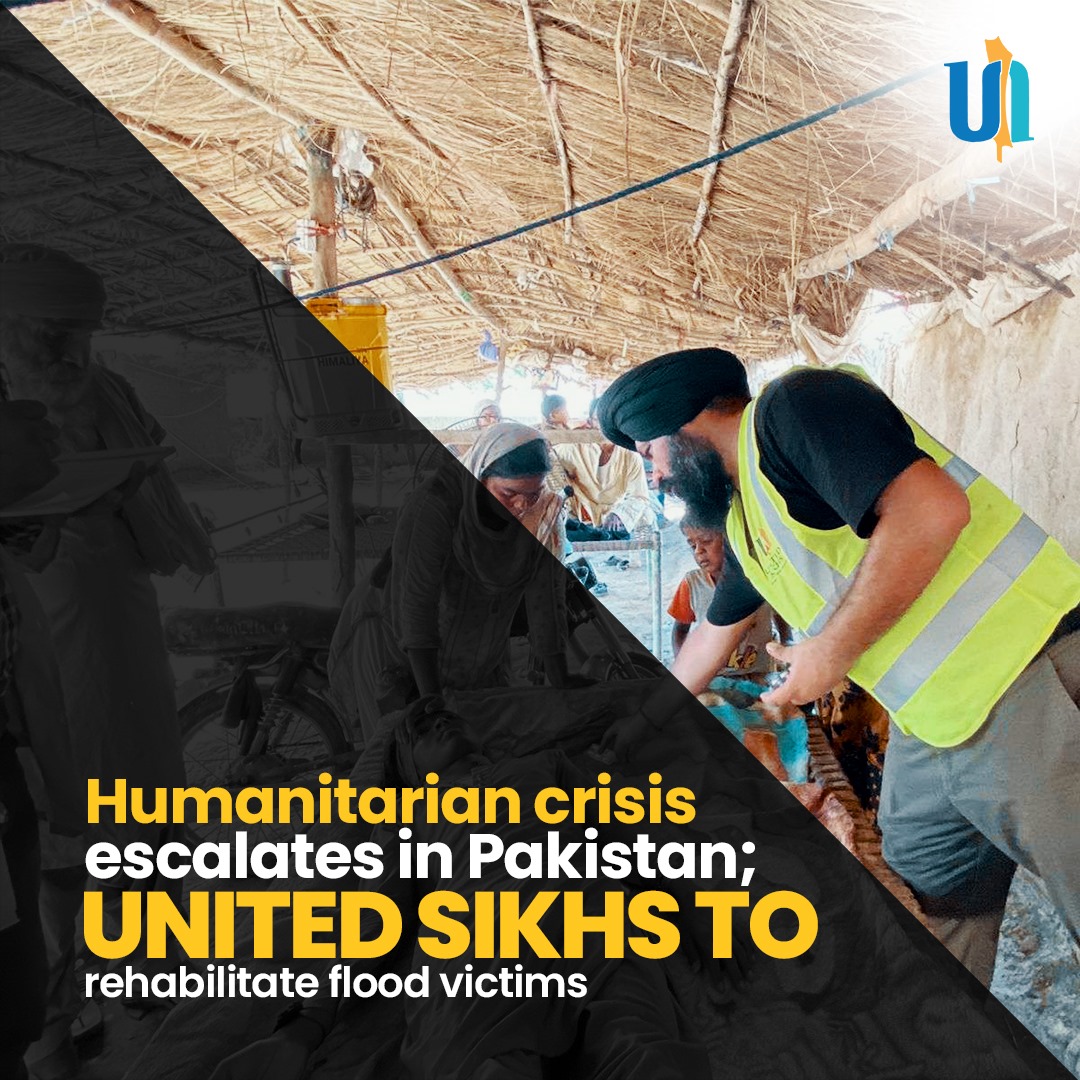
Humanitarian crisis escalates in Pakistan UNITED SIKHS to rehabilitate flood victims
In 2022, catastrophic floods ravaged Sindh, Balochistan, and Khyber Pakhtunkhwa in Pakistan, leaving millions of people displaced and vulnerable. With over 1.1 million homes destroyed, many areas remained inaccessible, and survivors were battling starvation, infections, and disease. The international community learned of the devastation, and immediate humanitarian intervention was essential.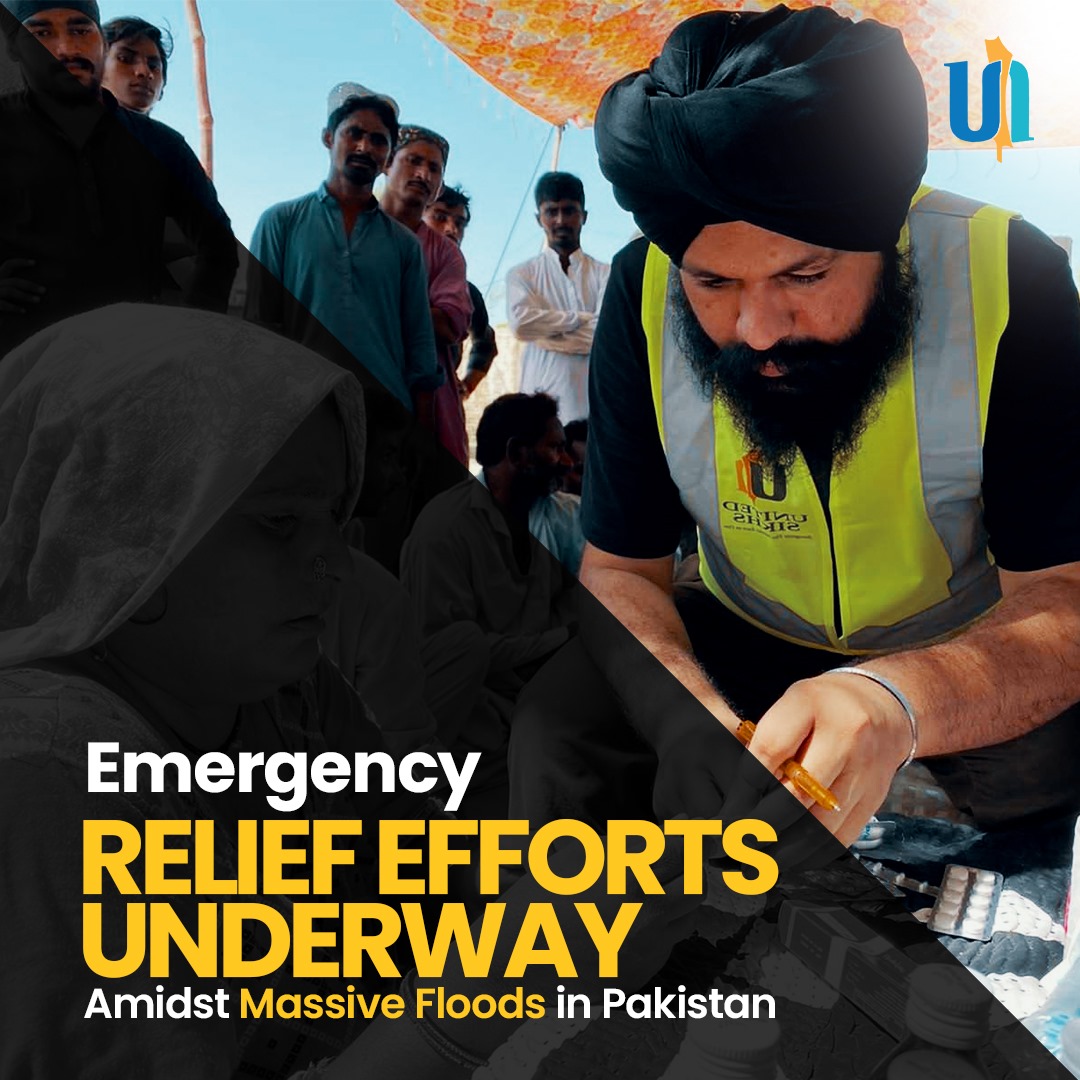
Emergency Relief Efforts Underway Amidst Massive Floods in Pakistan
Massive floods in Pakistan have created a nightmarish scenario, wreaking havoc across the country. Over 1,000 people have died, thousands are injured, and nearly 30 million people are affected. Widespread flooding, landslides, and the destruction of homes, livestock, and public infrastructure have overwhelmed Pakistan, leading to what U.N. officials describe as the country’s “biggest challenge” in decades.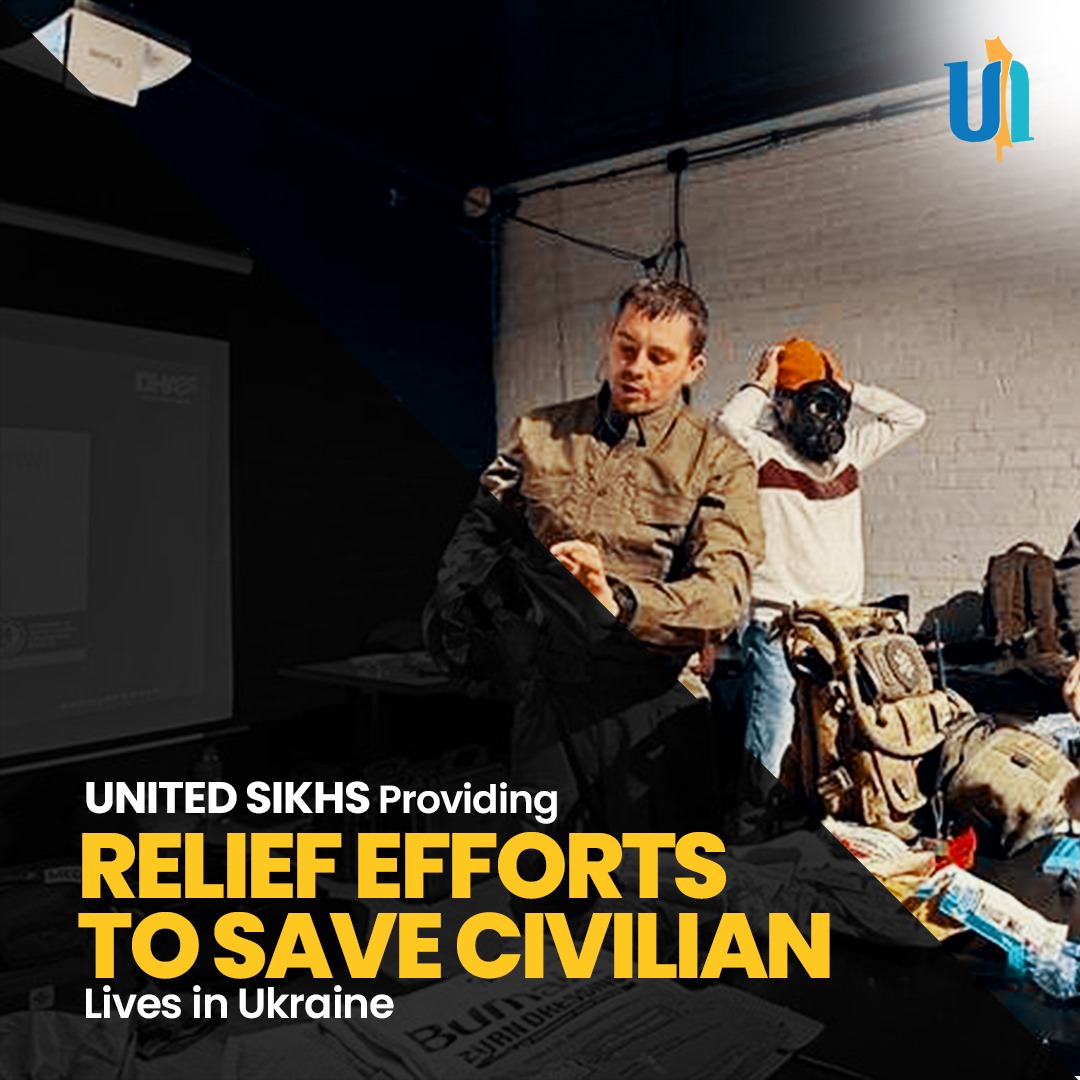
UNITED SIKHS Providing Relief Efforts to Save Civilian Lives in Ukraine
UNITED SIKHS, inspired by Bhai Ghanaiya Ji’s legacy of humanitarian assistance in conflict zones, saw a need to address medical emergencies in modern conflict areas, particularly in Ukraine, where civilians face unprecedented casualties due to ongoing warfare. Our mission was to design and implement a tactical medicine program that equips civilians with essential emergency medical skills, improving survival chances in hostile environments.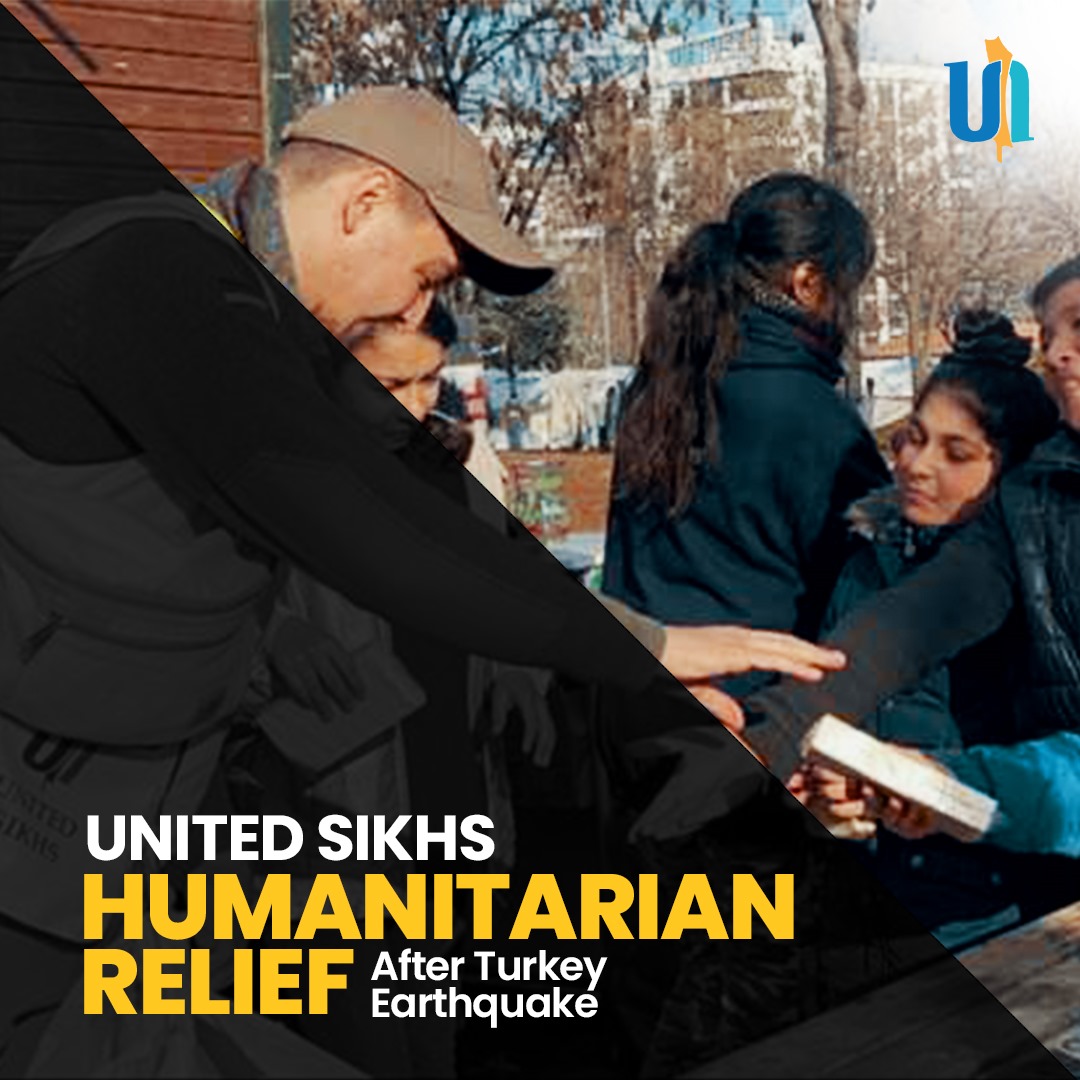
UNITED SIKHS Humanitarian Relief After Turkey Earthquake
On February 13, 2023, Turkey experienced one of its worst disasters, leading to widespread devastation and suffering, particularly in the Hatay region. Thousands were trapped under rubble, and many survivors were left without basic necessities.
UNITED SIKHS aimed to respond effectively to this crisis by collaborating with various governments and local organizations to expand relief operations and provide humanitarian assistance to the most affected areas.

UNITED SIKHS Providing Relief after the Panjab Floods
In the aftermath of devastating floods that submerged vast areas of rural Punjab, UNITED SIKHS immediately mobilized to address the urgent needs of affected communities. The floodwaters created unsanitary conditions, leading to severe health risks and exacerbating the challenges for the already vulnerable populations.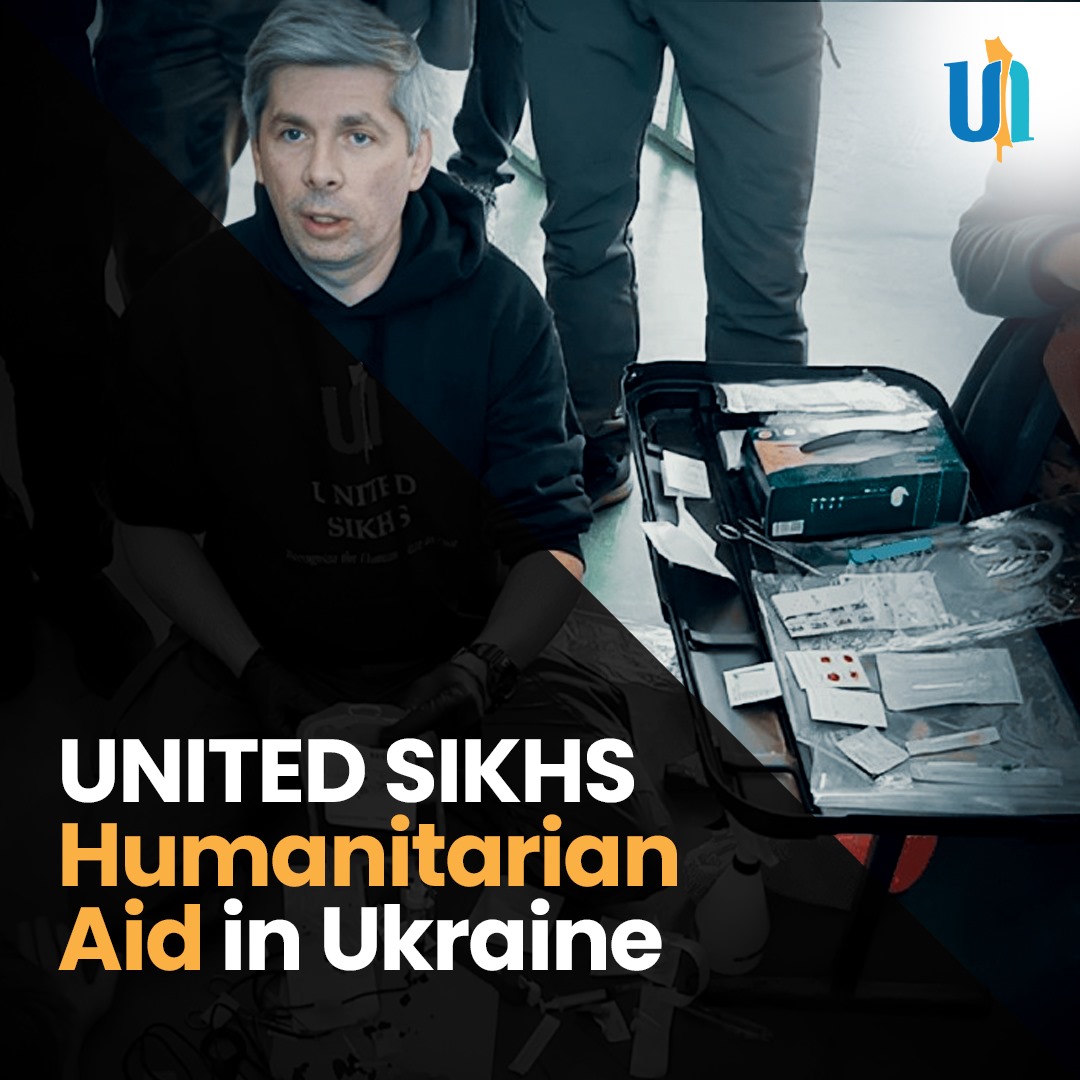
UNITED SIKHS Humanitarian Aid in Ukraine
To combat the severe ‘Friends of Ukraine’ organized a high-profile fundraising event at the New Jersey Performing Arts Center in Newark, NJ, to provide humanitarian aid to Ukraine. The event brought together prominent figures and recognized several organizations, including UNITED SIKHS, the Ukrainian National Women’s League of America (UNWLA),
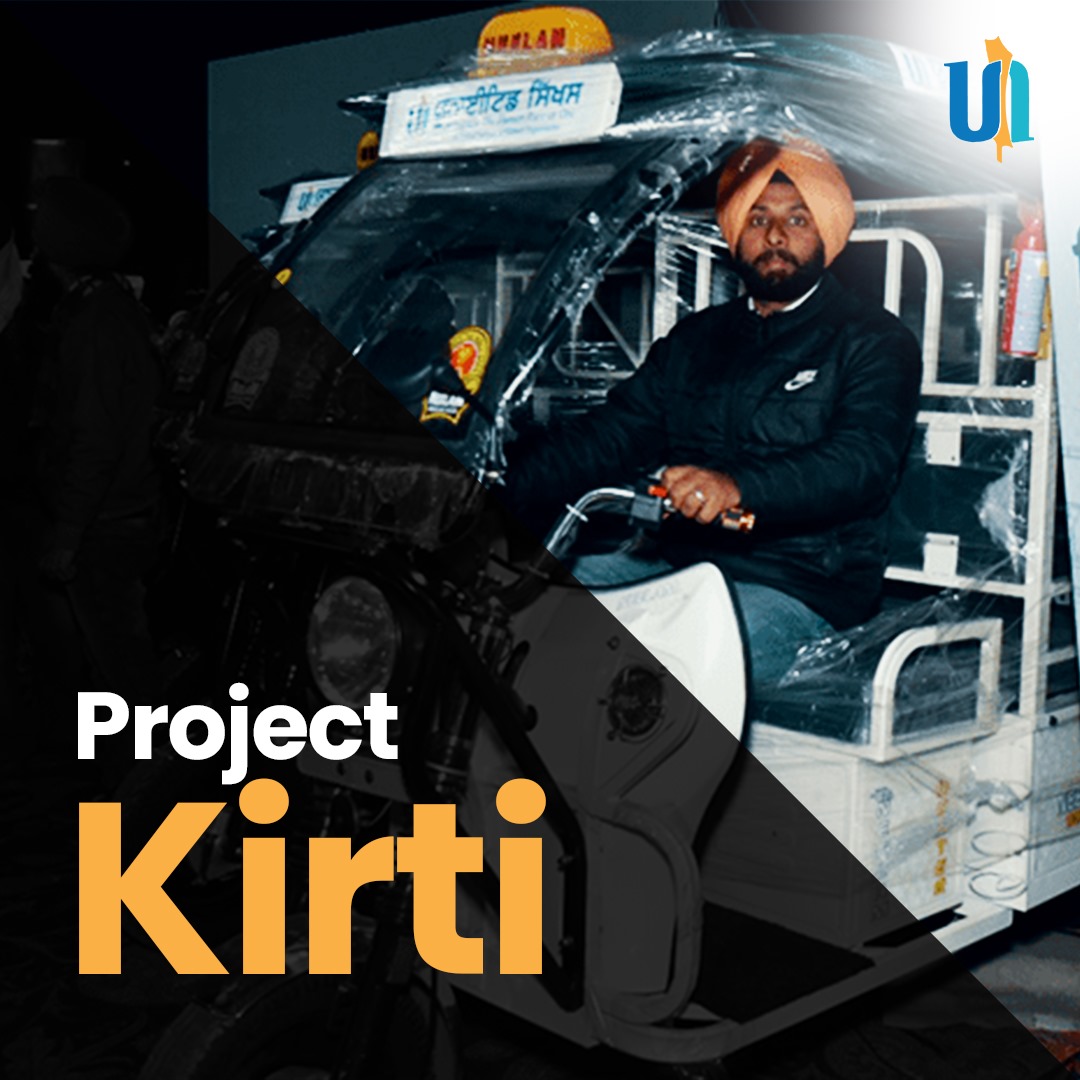
Project Kirti
In Ludhiana, on January 31, 2023, United Sikhs launched a new initiative called ‘Project Kirti,’ inspired by the teachings of Sri Guru Nanak Dev Ji—’Kirat Karo, Naam Japo, Vand Chhako.’ The project was designed to address the deep-rooted issue of poverty by empowering disadvantaged individuals.
UNITED SIKHS Providing Relief after the Panjab Floods
In the aftermath of devastating floods that submerged vast areas of rural Punjab, UNITED SIKHS immediately mobilized to address the urgent needs of affected communities. The floodwaters created unsanitary conditions, leading to severe health risks and exacerbating the challenges for the already vulnerable populations.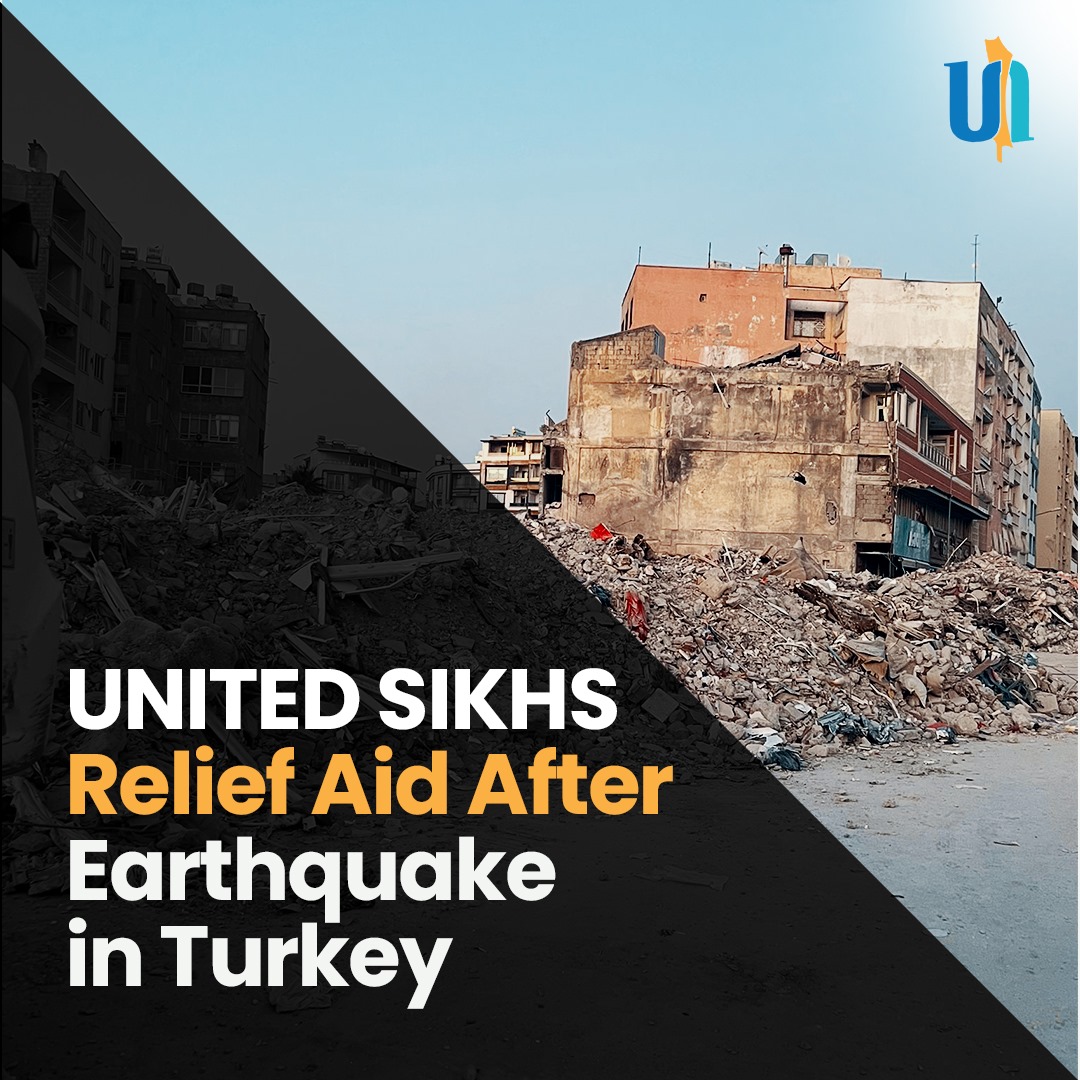
UNITED SIKHS Relief Aid After Earthquake in Turkey
On February 6, 2023, a devastating 7.8 magnitude earthquake struck Southern Turkey, causing massive destruction across multiple provinces. A second earthquake followed hours later, resulting in significant loss of life and further damage. With over 59,000 deaths and damages exceeding $34.2 billion, it became one of the deadliest earthquakes in centuries.
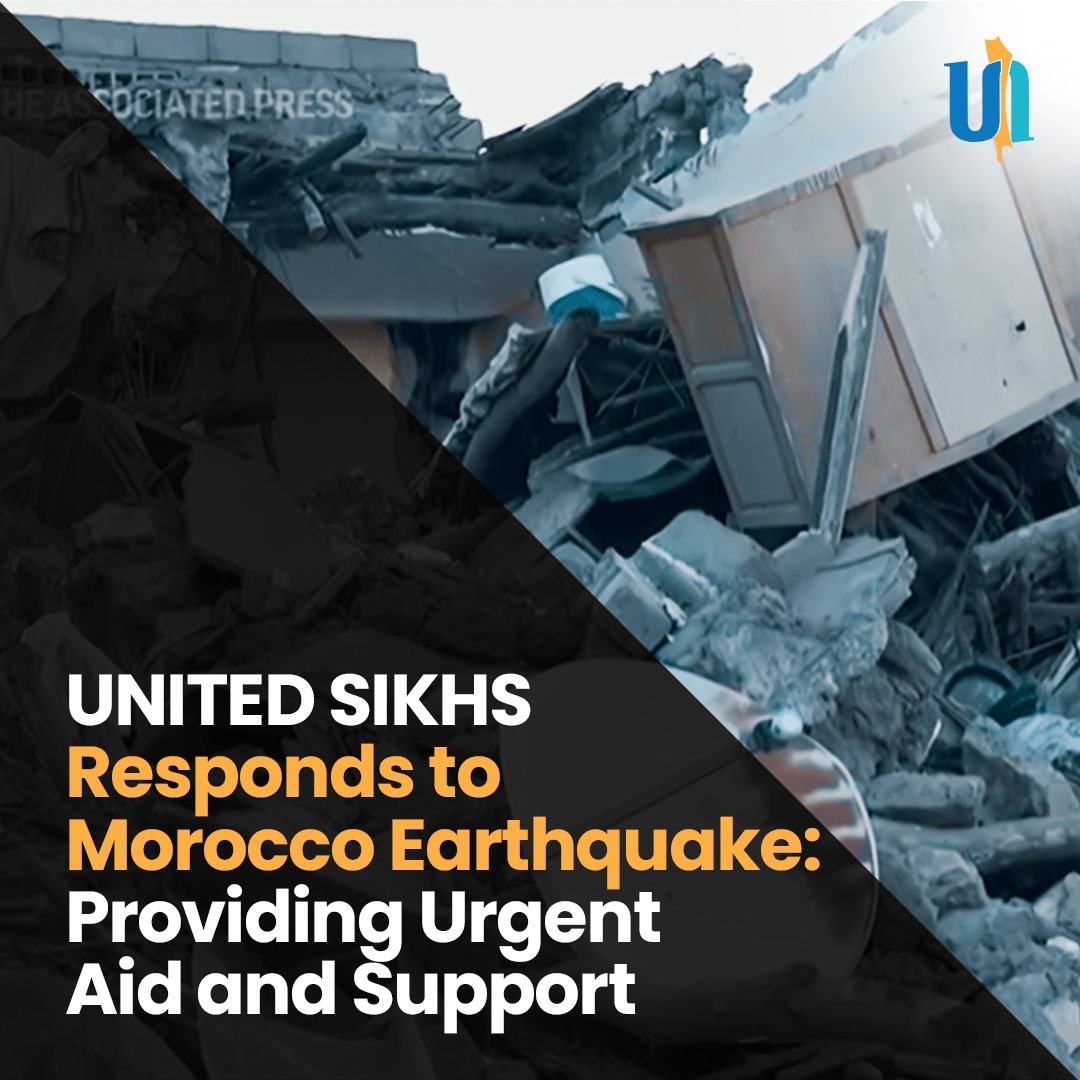
UNITED SIKHS Responds to Morocco Earthquake : Providing Urgent Aid and Support
On september 10, a catastrophic earthquake of magnitude 6.8 struck Morocco, making it the most destructive in 120 years. The earthquake caused widespread devastation in the Al Haouz region, near Marrakech, resulting in over 2,000 deaths and leaving at least 2,059 people injured, with the toll continuing to rise.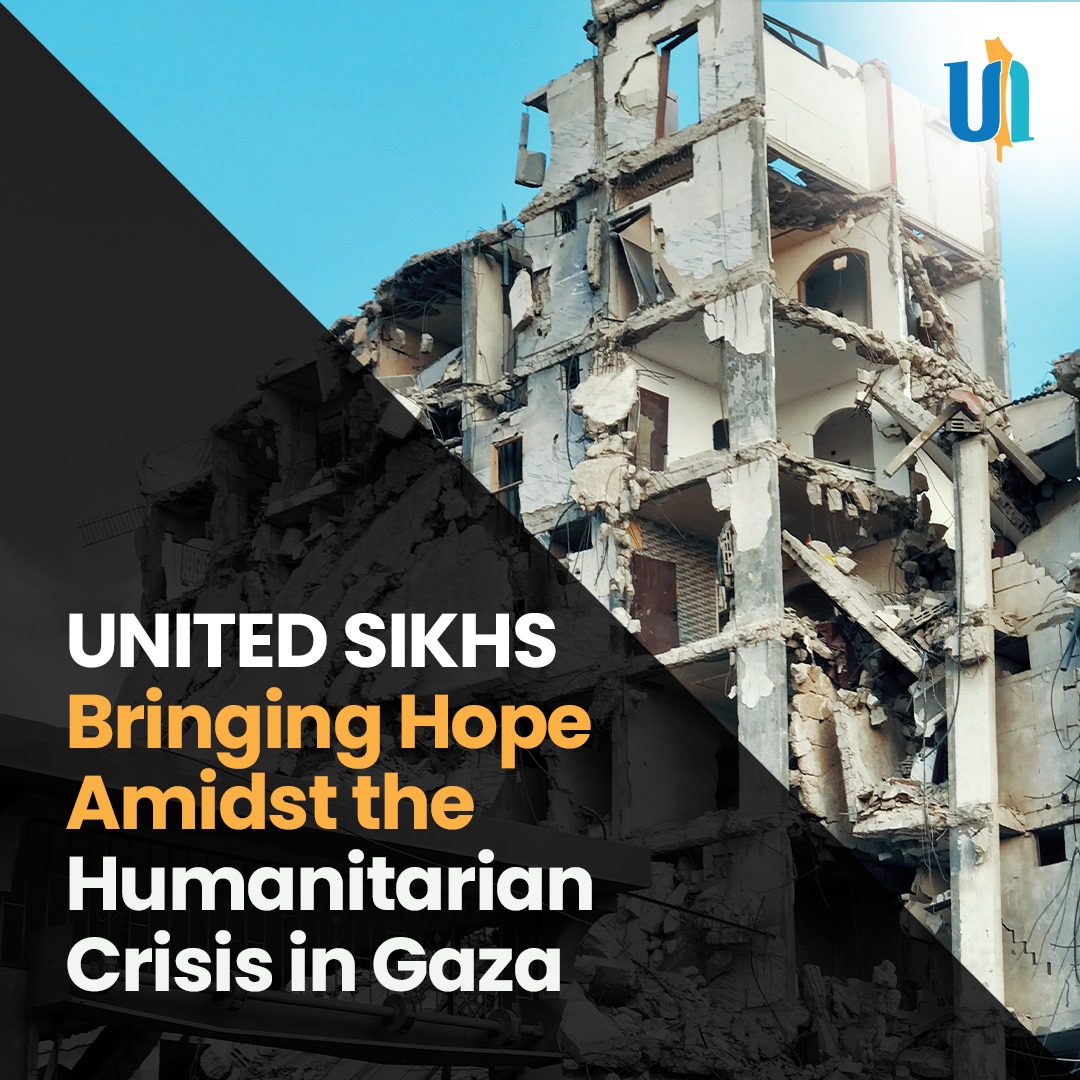
UNITED SIKHS: Bringing Hope Amidst the Humanitarian Crisis in Gaza
Since October, the Middle East has been engulfed in a devastating cycle of violence, triggered by an attack by the Palestinian militant group Hamas on Israel. This led to extensive retaliation through airstrikes, plunging the region into a humanitarian crisis. In Gaza, over 22,000 people have tragically lost their lives, with nearly 70% of the casualties being women and children.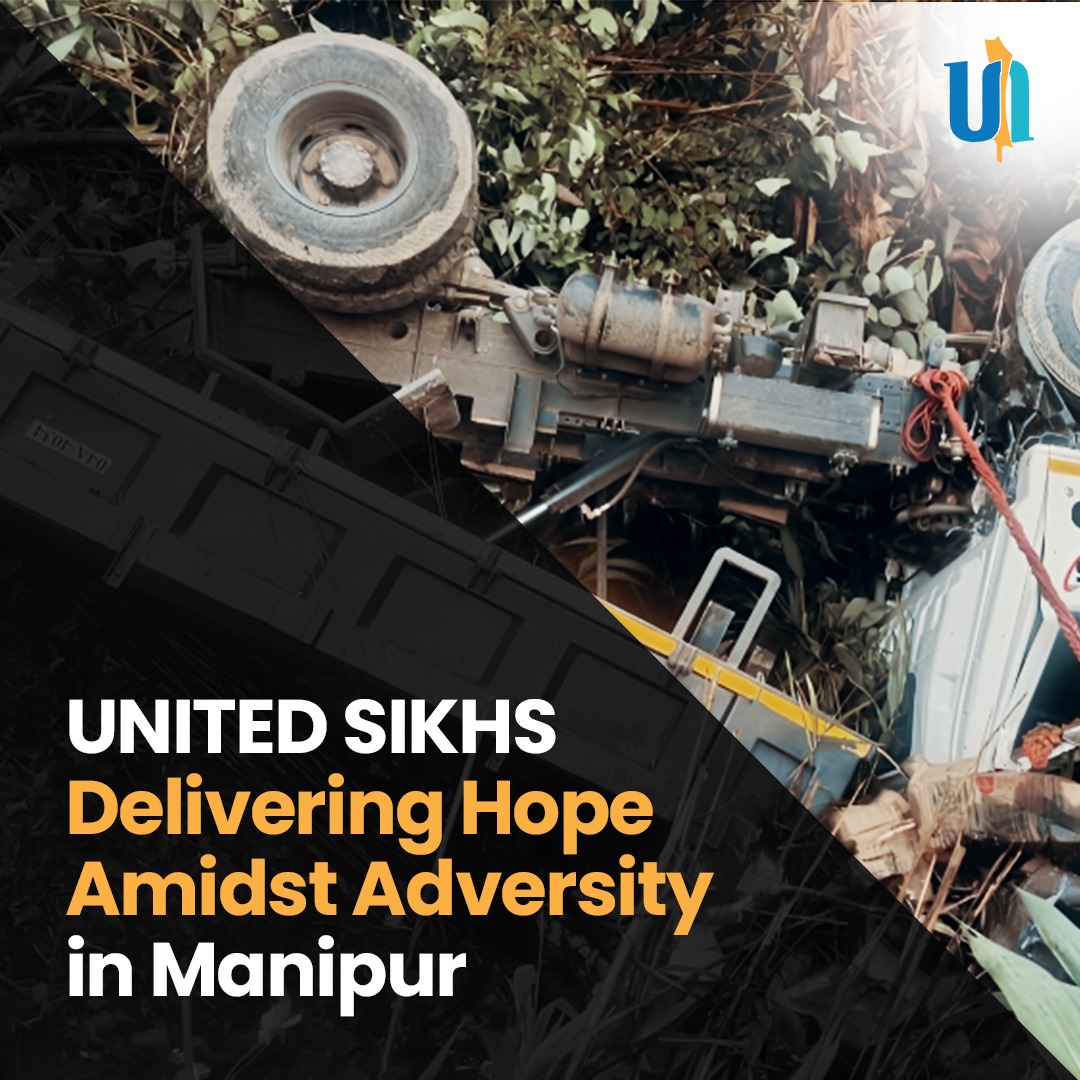
UNITED SIKHS: Delivering Hope Amidst Adversity in Manipur
In July, amidst of the ethnic violence in Manipur, which has claimed over 130 lives and displaced over 50,000 people, UNITED SIKHS was called upon to provide humanitarian aid. The situation on the ground was dire, with countless individuals rendered homeless, injured, and vulnerable.